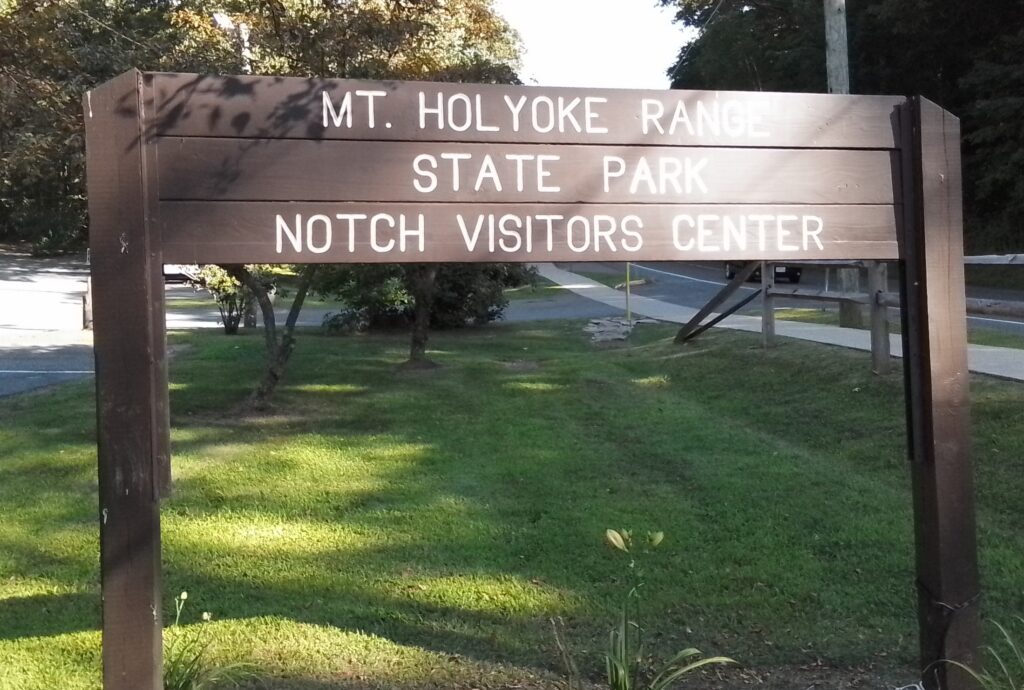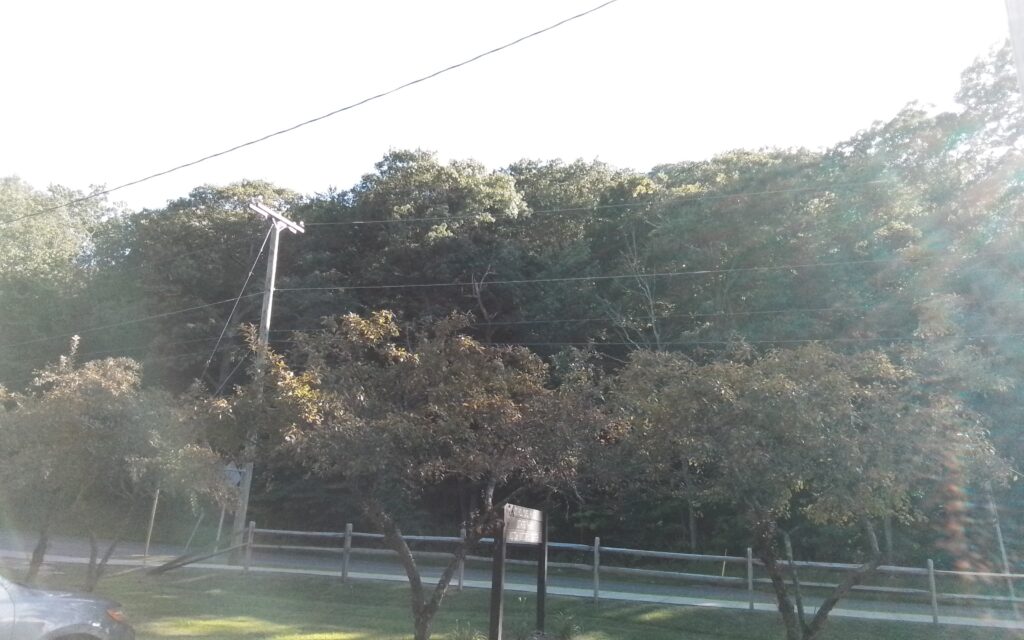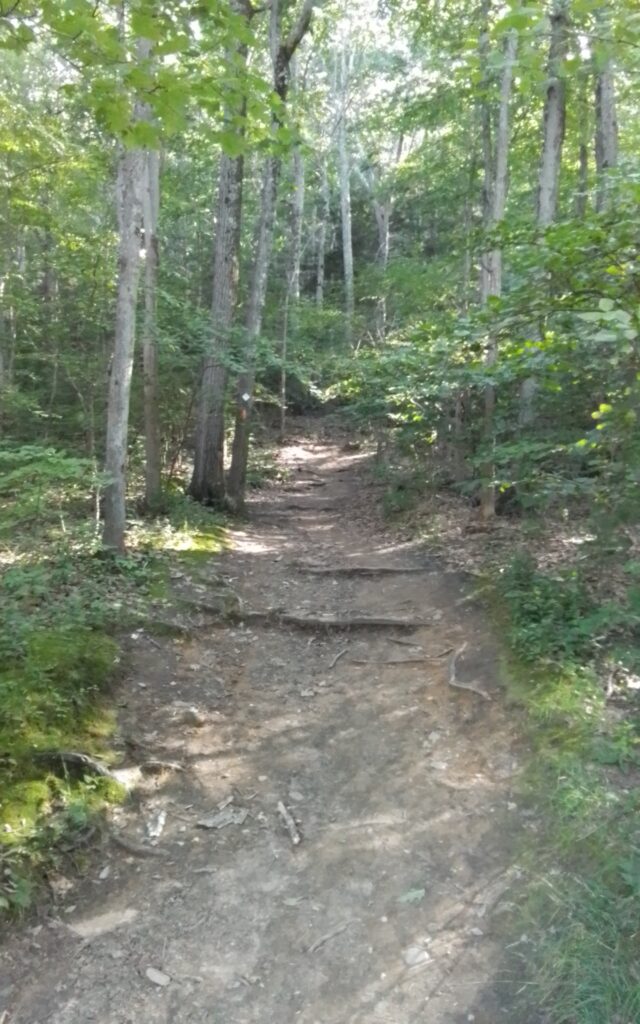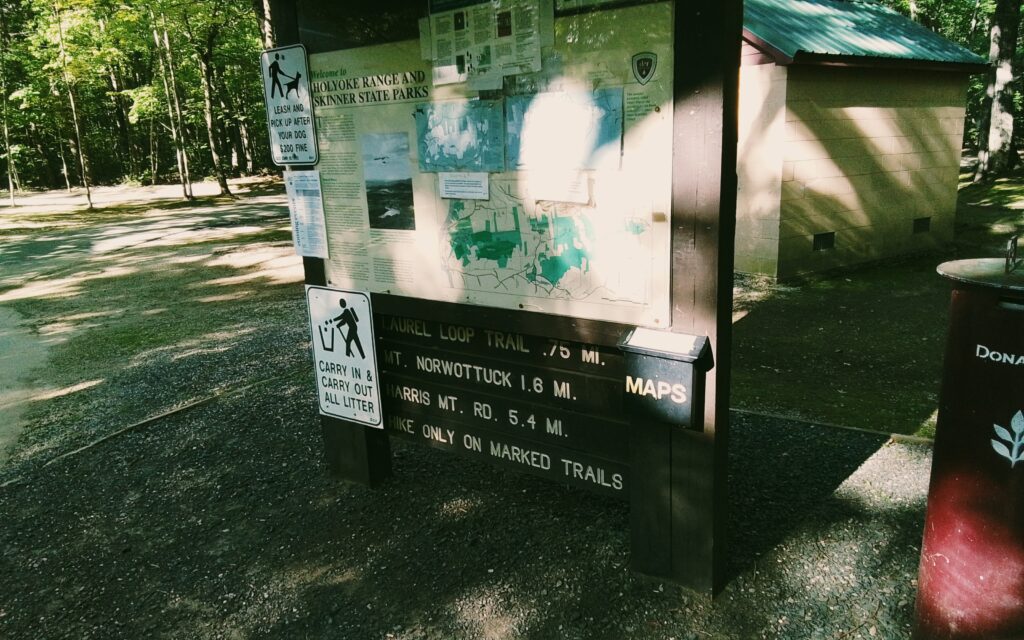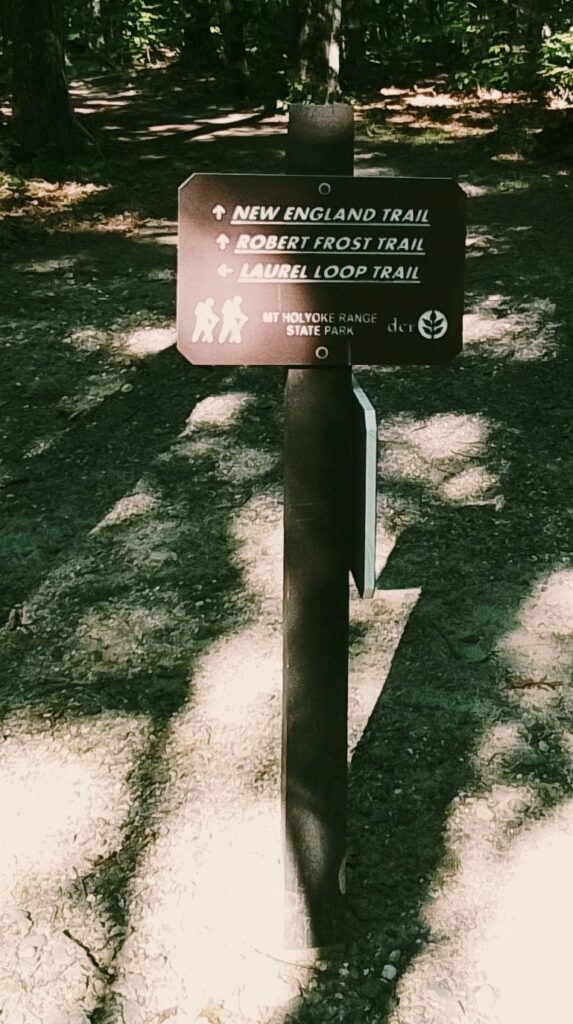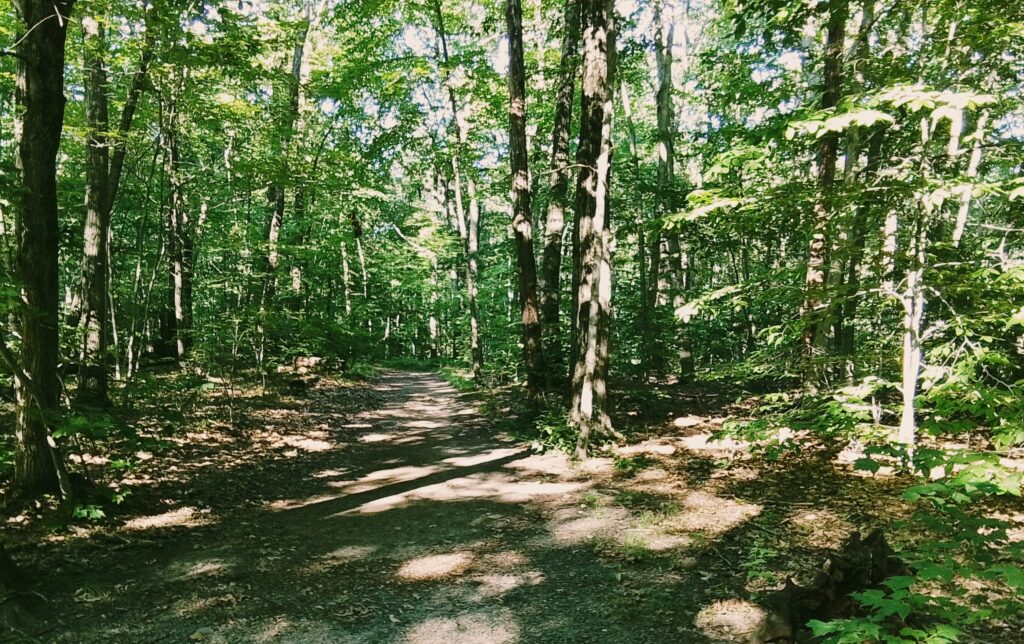Plains School
Category: Uncategorized
South Hadley Center
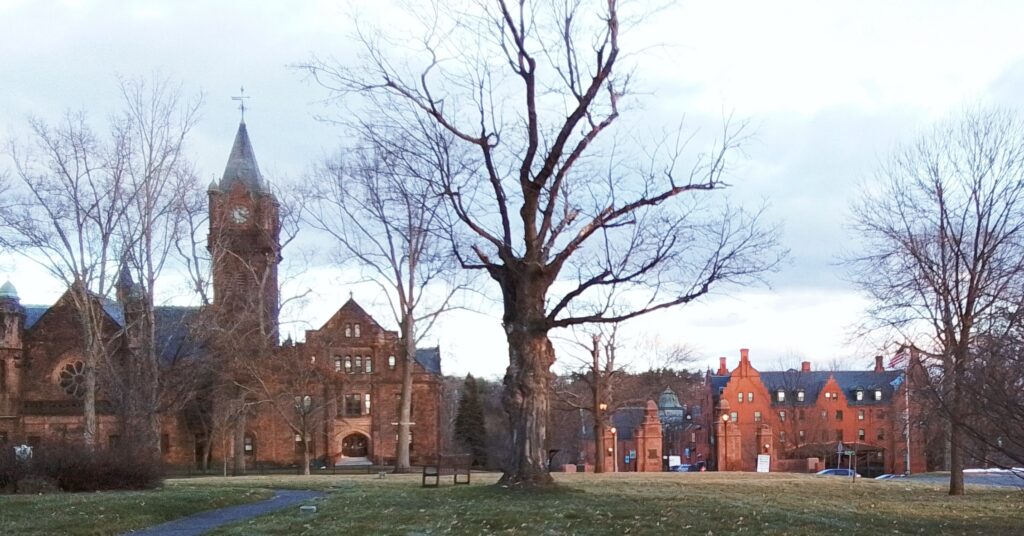
Evergreen Cemetery – FINDAGRAVE
South Hadley Center Burial Grounds Walking Tour
Loop around Mount Holyoke College

Woodlawn Neighborhood of South Hadley
United Folding Box Company
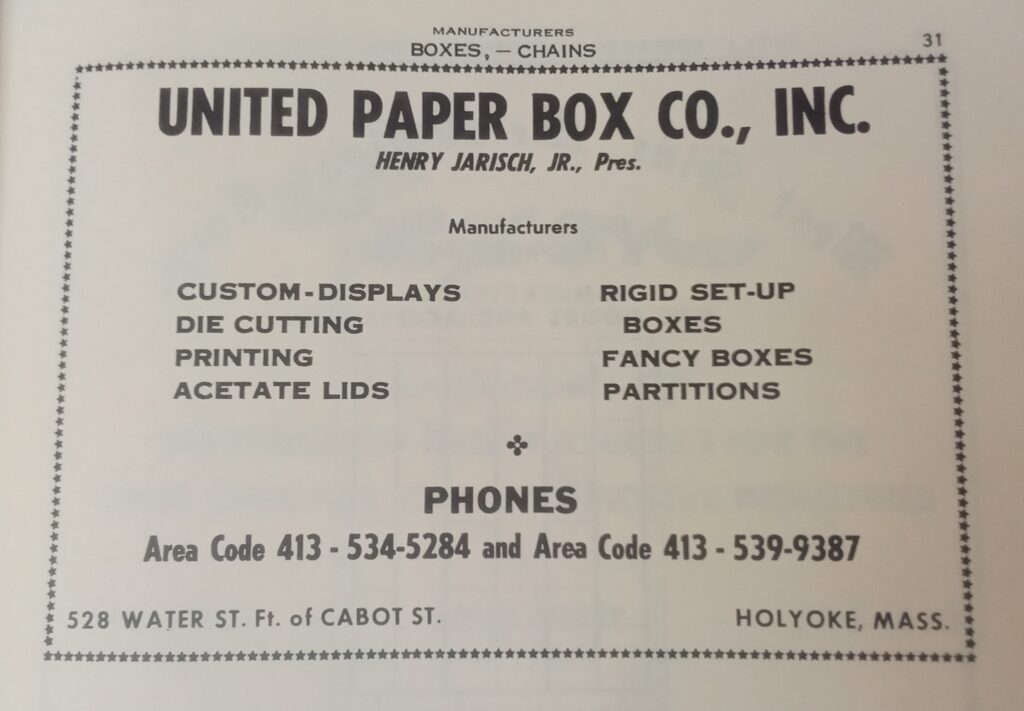
United Folding Box Company was formed in Holyoke during the 1920s.
They still exist over 100 years later. External LINK. They have only had two owners. The first was Henry Jarisch. The second is a joint firm.
Jarisch used United Folding Box Company and then later United Paper Box. The mill was at 528 Water Street. Jarisch was president and treasurer until his 1979 death. FINDAGRAVE
Sanborn map analysis
1884 map as the Union Manufacturers Company Paper Mill
1889 map as the Union Manufacturers Company Paper Mill
1895 map as the Connecticut River Paper Company (Powers Paper Co)
1915 map as the Riverside Mill number 3
1949 map as the United Folding Box Company
1956 map as the United Folding Box Company
Monadnock Trail
South Amherst Common
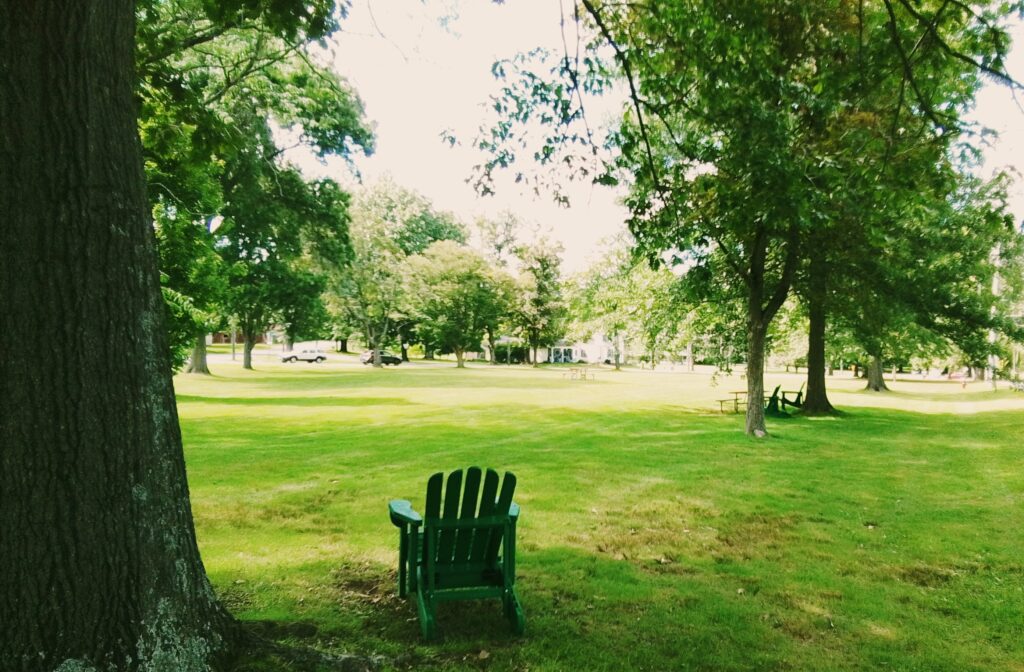
In the Middle Street and Shay Street quadrant:
989 South East Street in the early 1800s was the post office of this small neighborhood and had the Hiram Allen family living here. This is a federal era home. – FINDAGRAVE
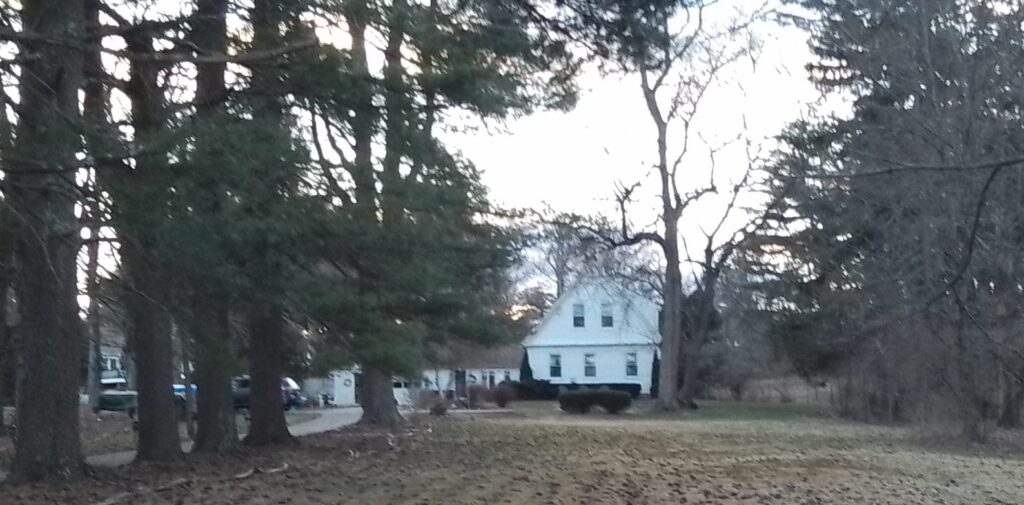
1001 South East Street is the South Amherst School from 1900.
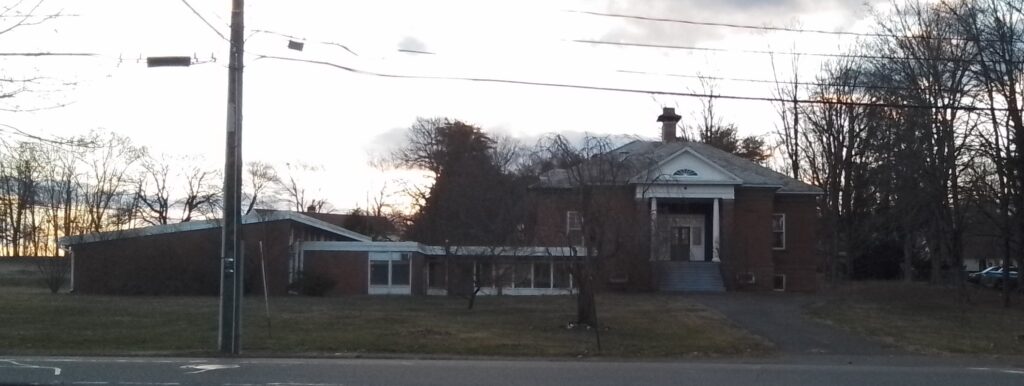
1025 South East Street is the Armstrong house from 1860. – FINDAGRAVE
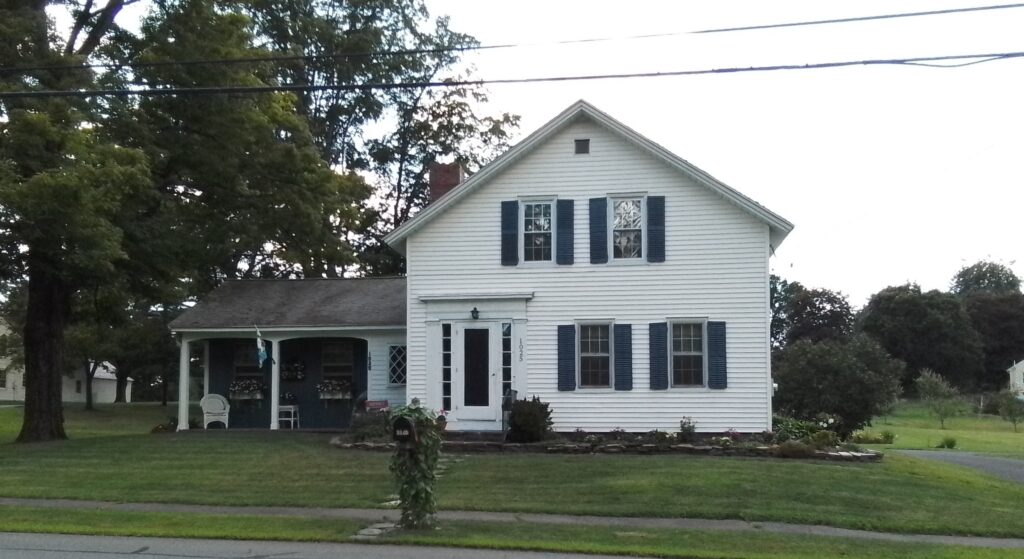
In the Shays Street to Pomeroy Lane quadrant:
At 445 Shays Street is the Jonathan Dickinson home and barn from 1780 in Federal style. – FINDAGRAVE
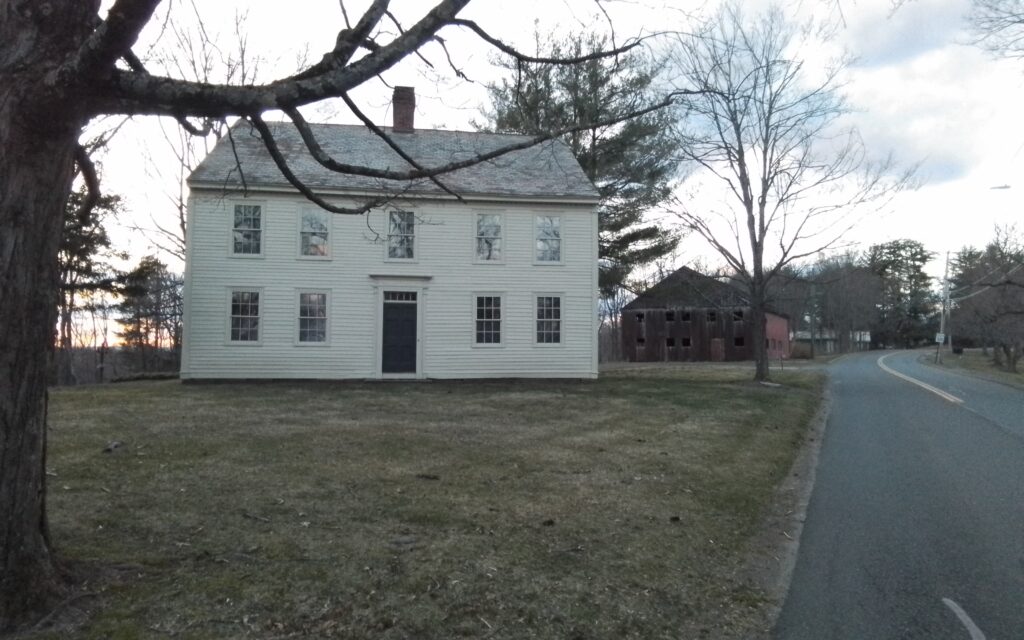
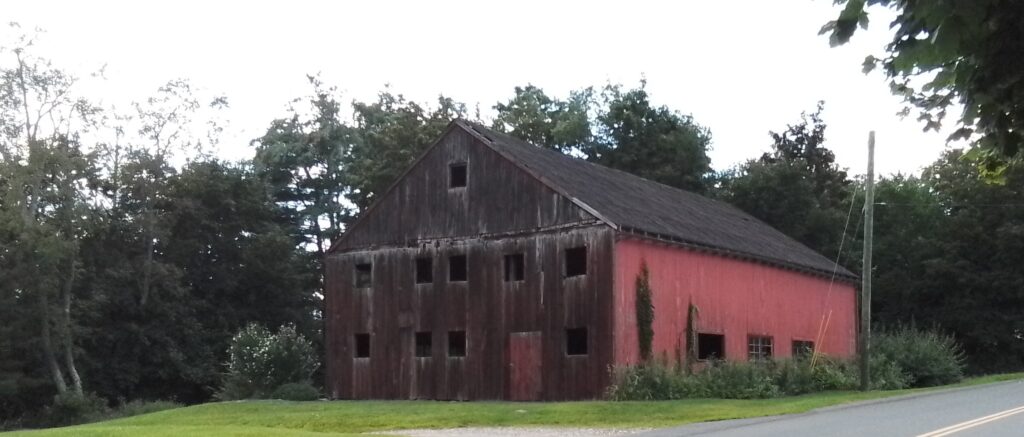
At 324 Pomeroy Lane is the Enos Dickinson home and store / post office. – FINDAGRAVE
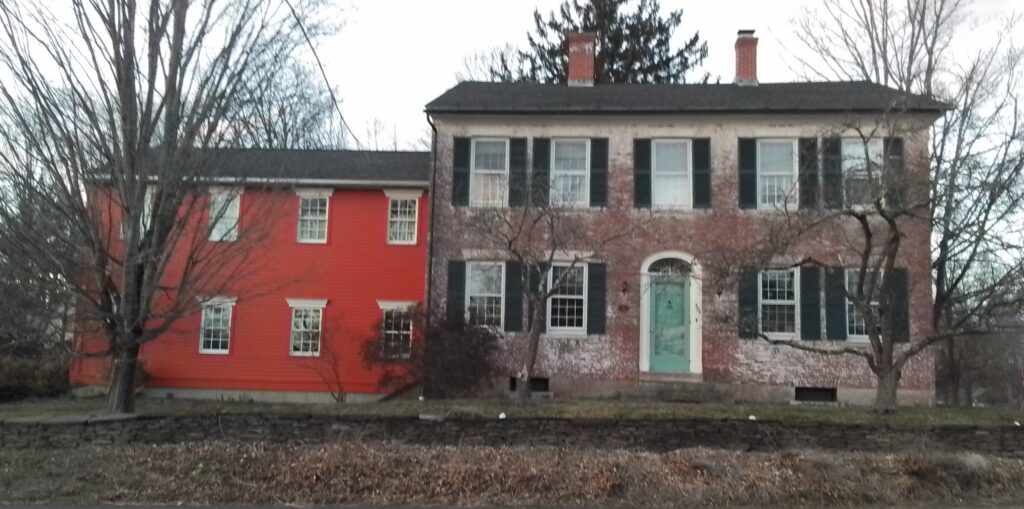
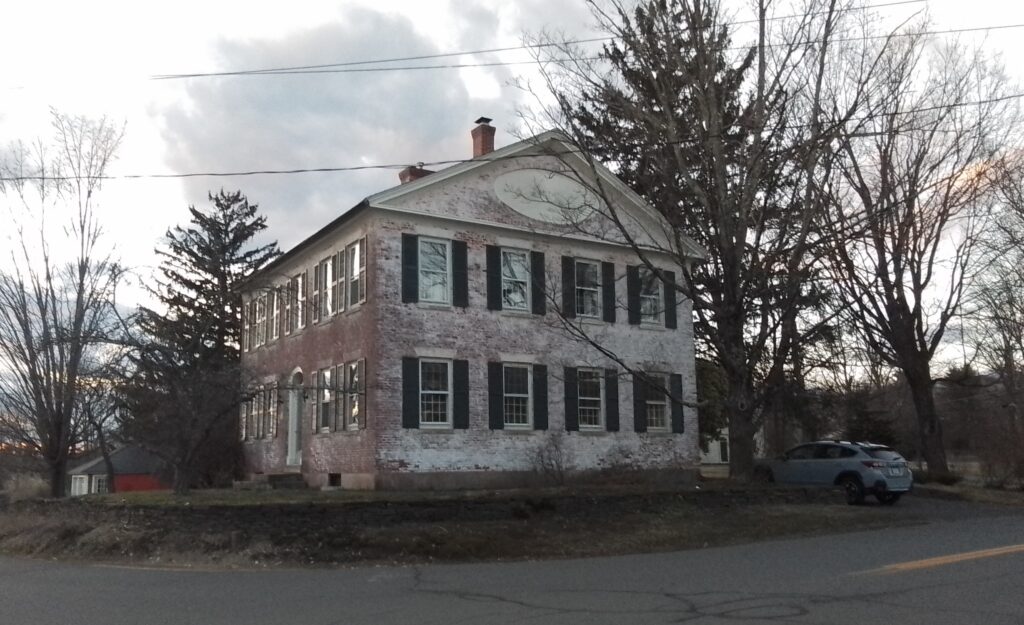
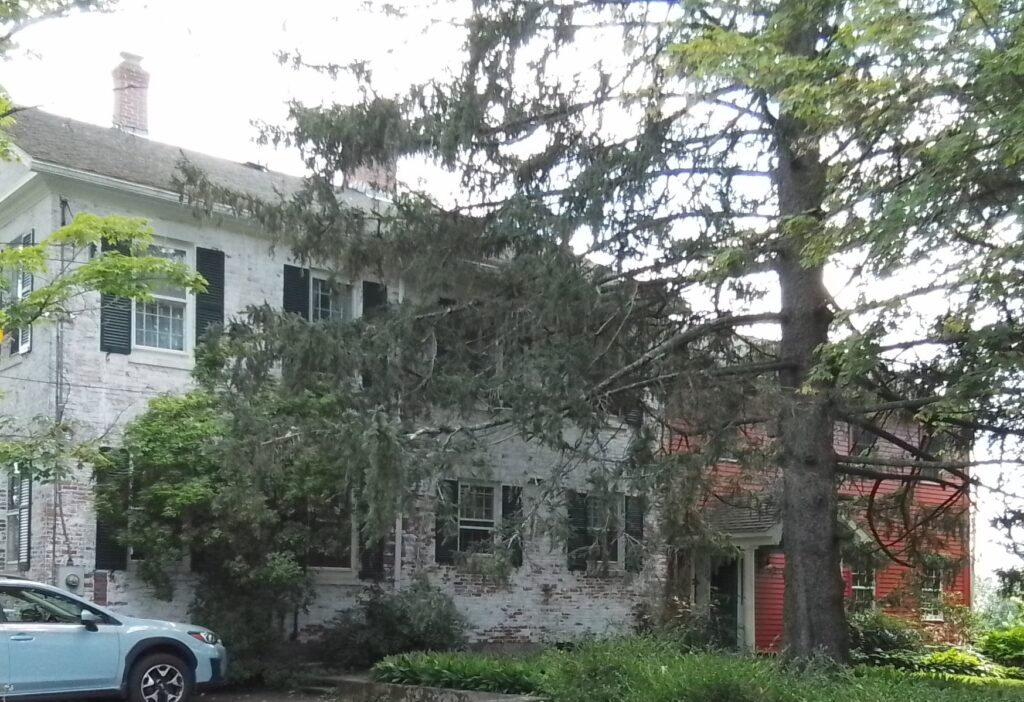
In the Middle Street to South East Street quadrant:
At 1055 South East Street is the house from 1742 in a Georgian style. – This is the house of Nathaniel Coleman
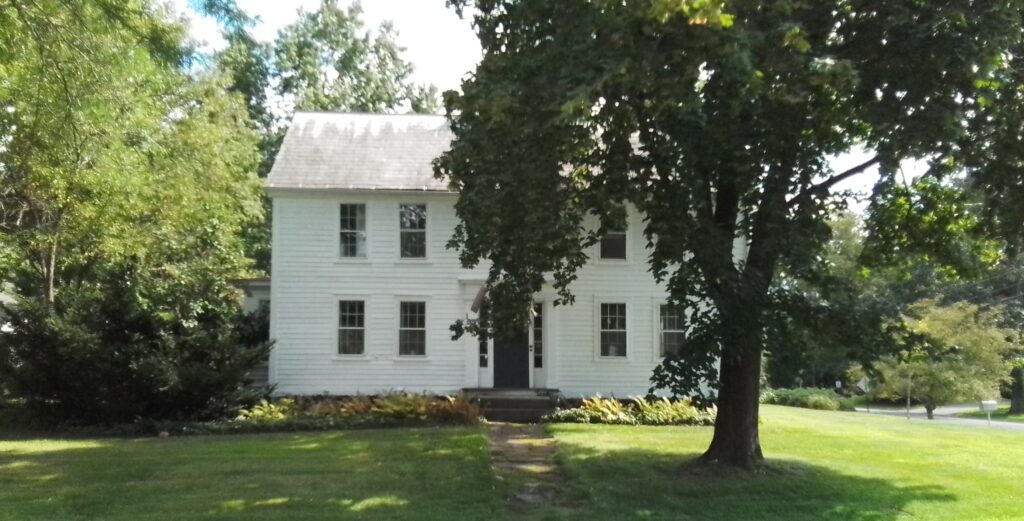
1067 South East Street is from 1770 and is now a parsonage for the South Congregational Church – FINDAGRAVE
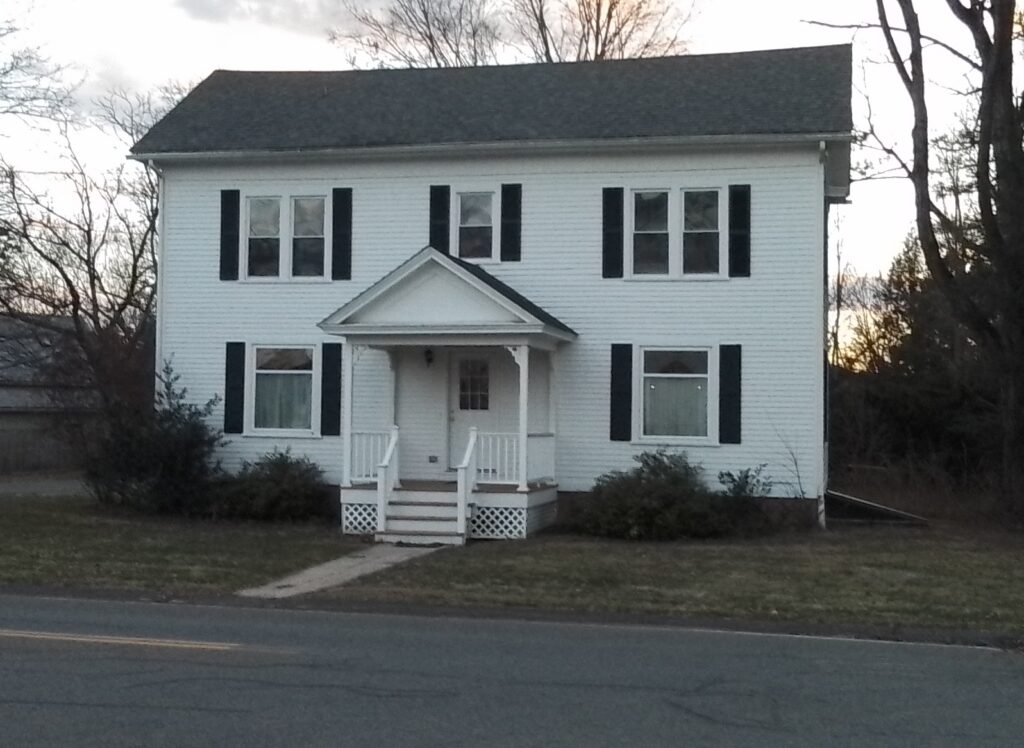
1081 South East Street is from the 1800s – no history link
In the southeast section of the South East Street to Station Road quadrant:
At 1046 South East Street is the Munson Memorial Library
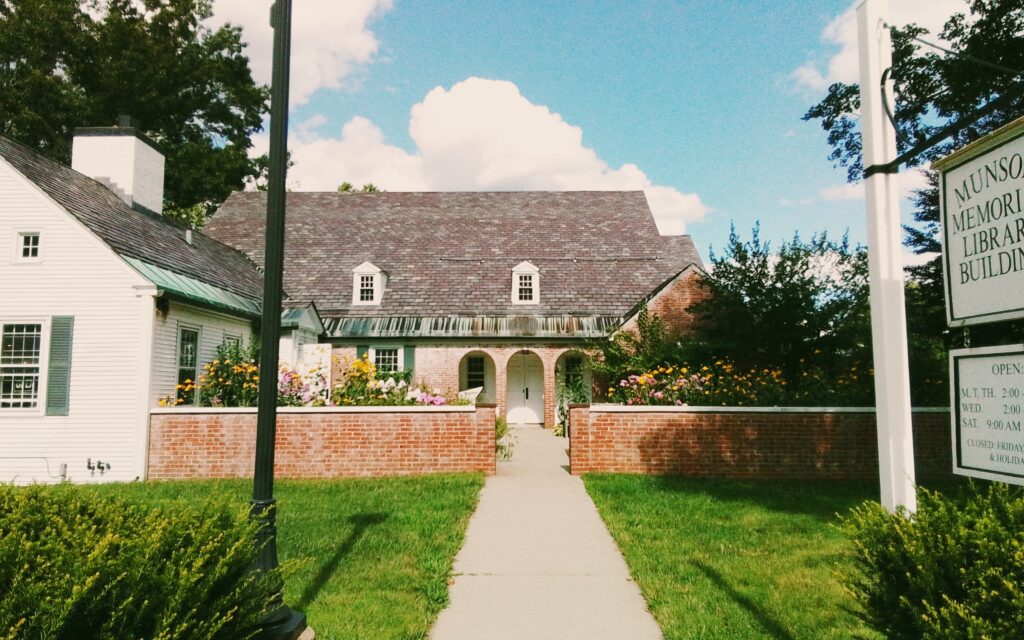
At 1066 South East Street is the South Amherst Congregational Church from 1825.
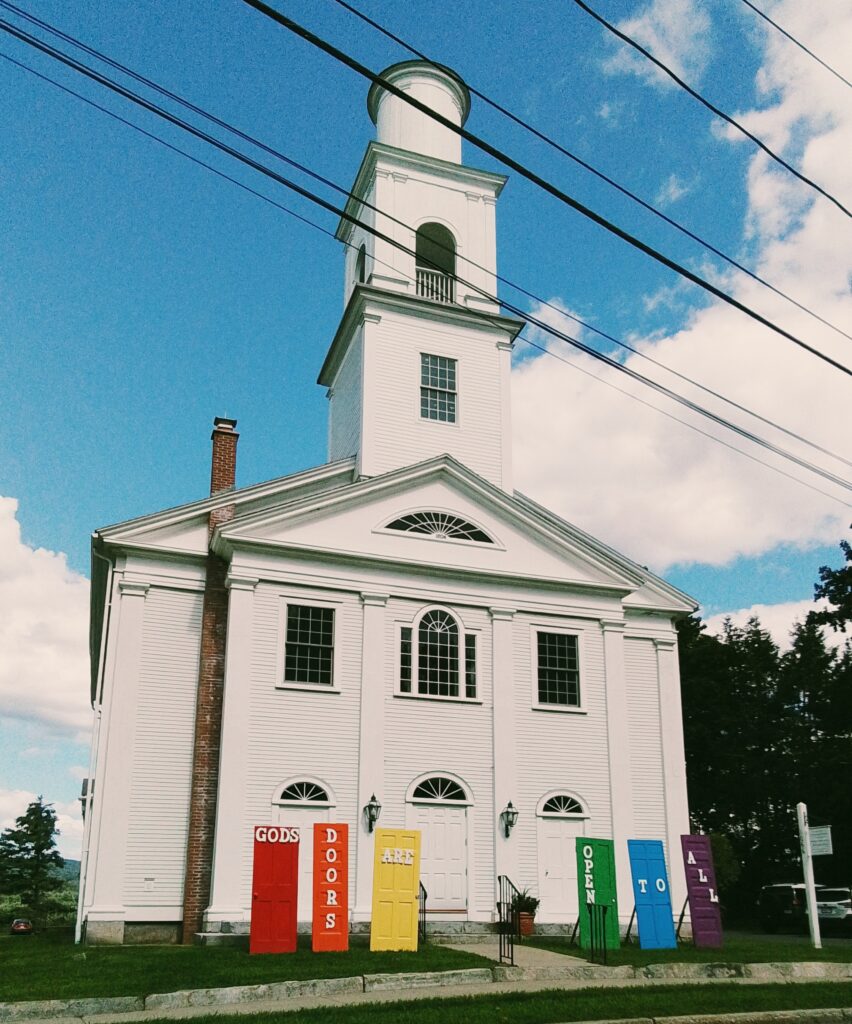
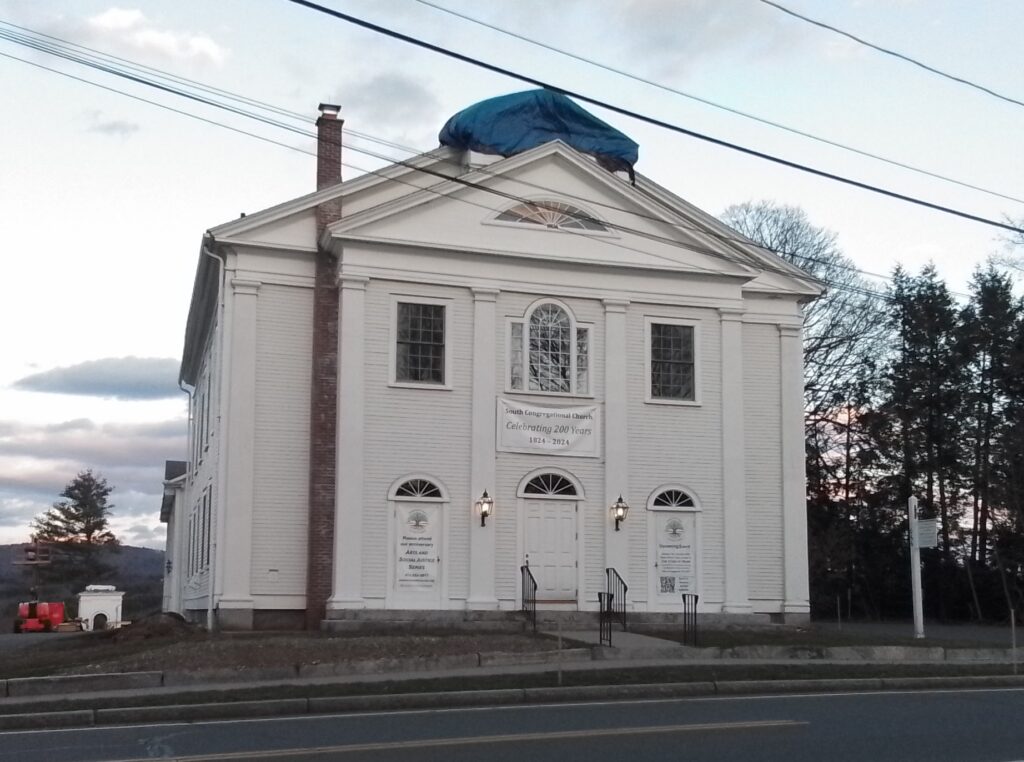
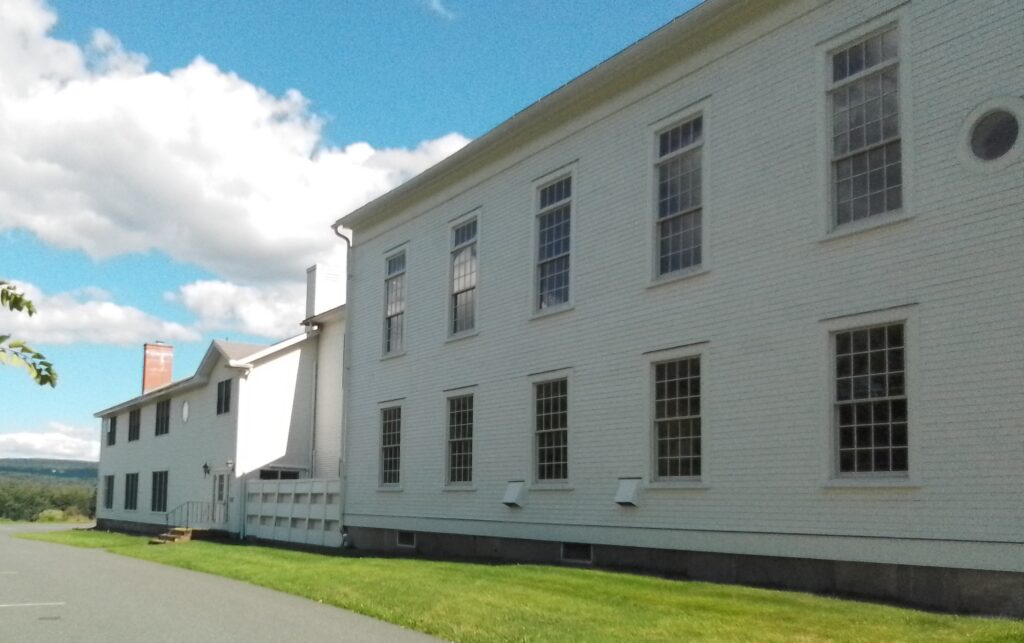
At 1072 South East Street is the Elisha Smith house from 1805. – FINDAGRAVE
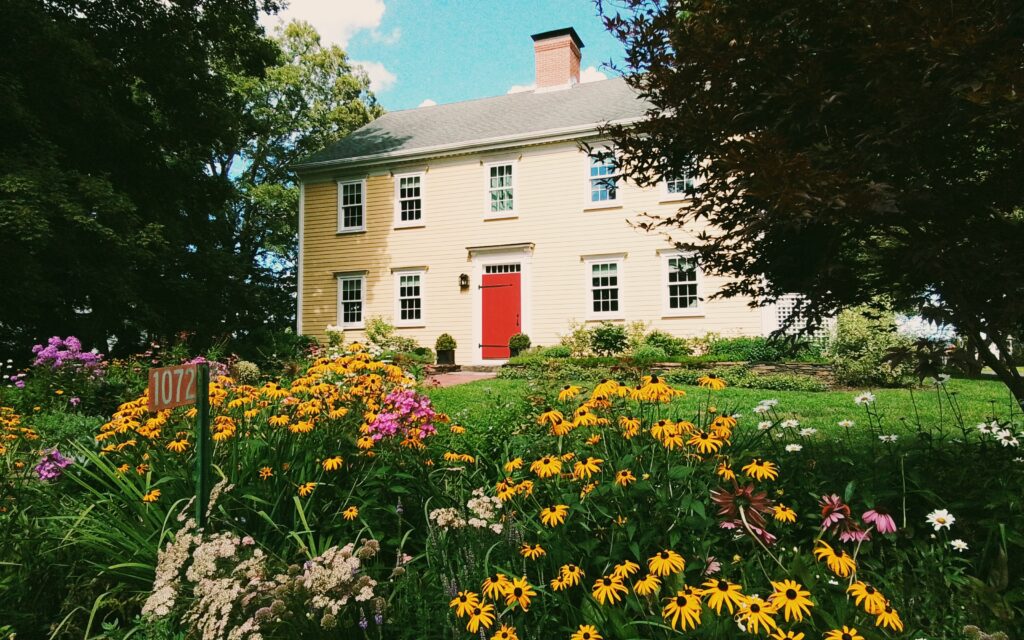
In the northeast section of the South East Street to Station Road quadrant:
986 South East Street is the Amherst Town Farm and William Chaffee farm. The red barn to the far right is the town barn.
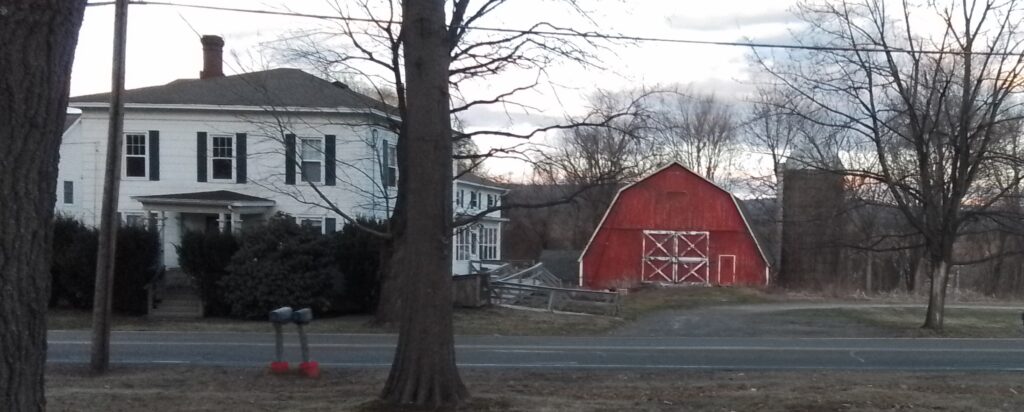
Outside the zone:
101 Middle Street has the Smith and Bridgman house from the early 1800s.
at 1230 South East Street is a Federal style building from about 1790
next to that is the Deacon Moody house at 1240 South East St
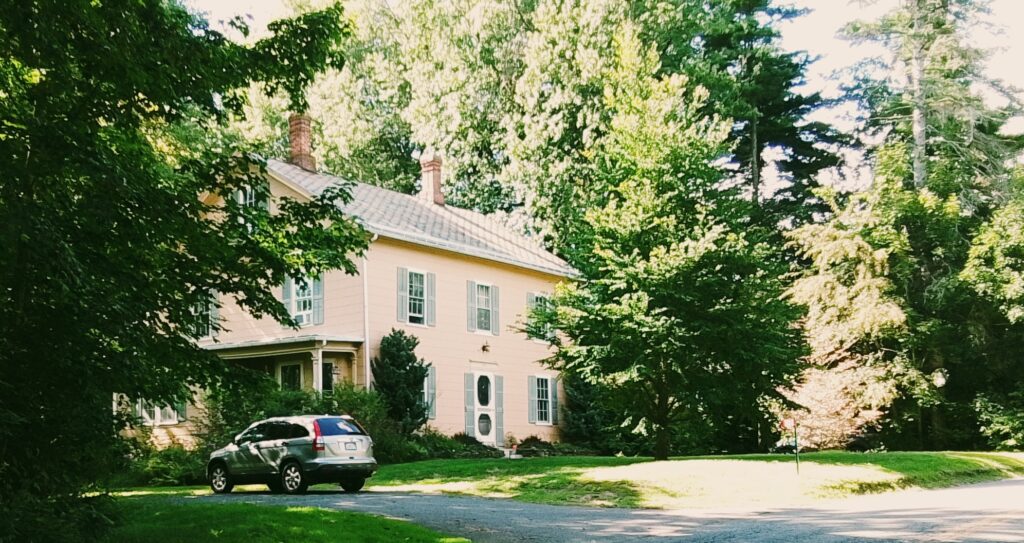


Sanborn maps did not extend to here.
Main Street Cemetery (Easthampton)
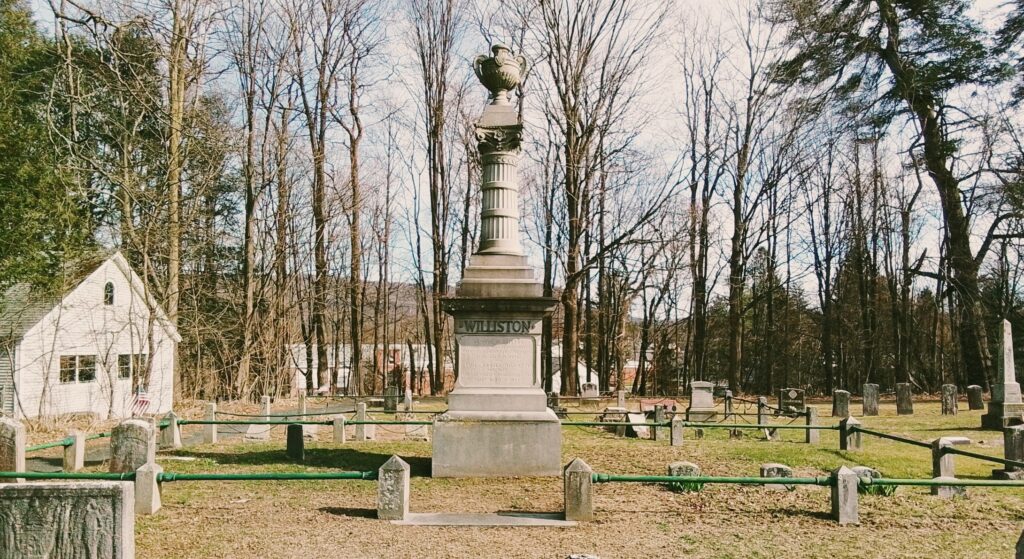
Main Street Cemetery (Easthampton) is from 1845. It is on Main Street near Glendale Street. It has many old burials only because a much older cemetery was moved into here.
Catherine Wright is the oldest gravestone in Easthampton – Findagrave
Disinterments from the Old Center Cemetery
There was once an older cemetery in Easthampton and it was across from the Williston Seminary. It started about the 1750s and lasted to about 1865 when it was moved into this cemetery. Most of these are positioned around the holding tomb in the back of the cemetery. However, others are scattered around the cemetery with the other burials. The reason why is that the families were asked if they wanted to have their ancestor buried in a plot and if the family wanted to pay for one then they are found around the cemetery.

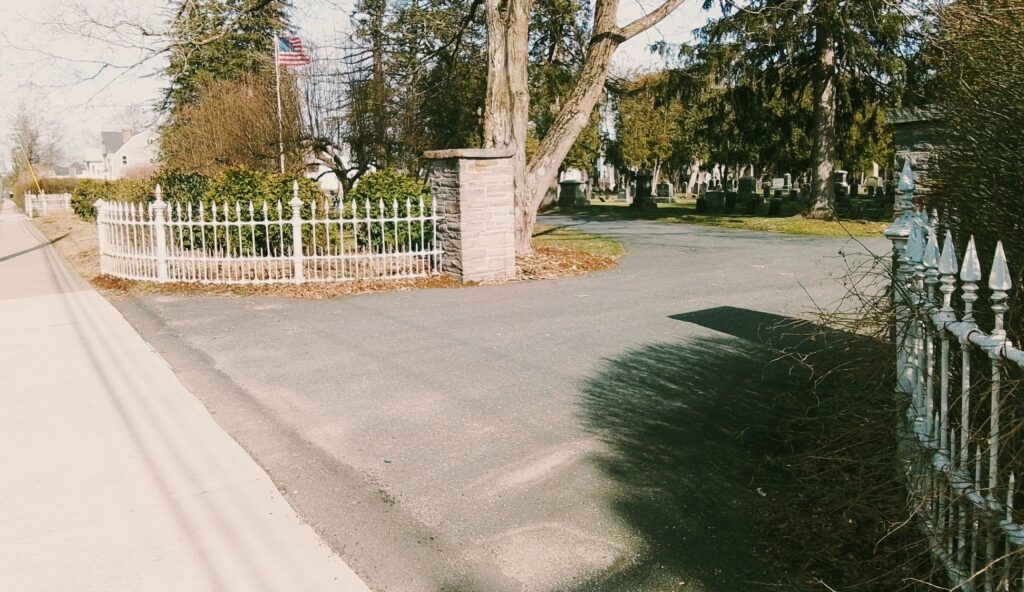
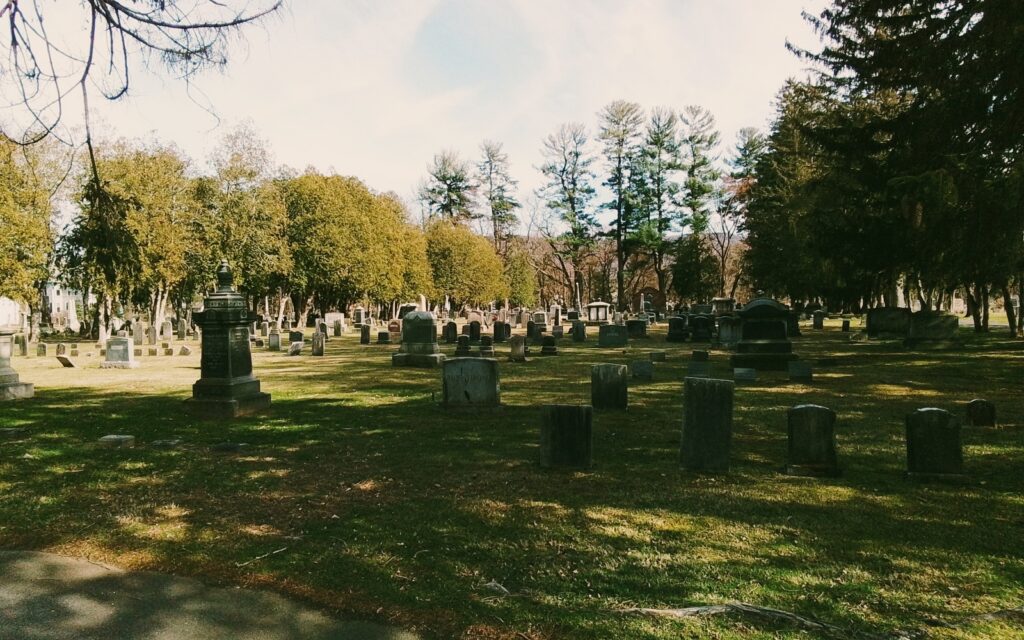

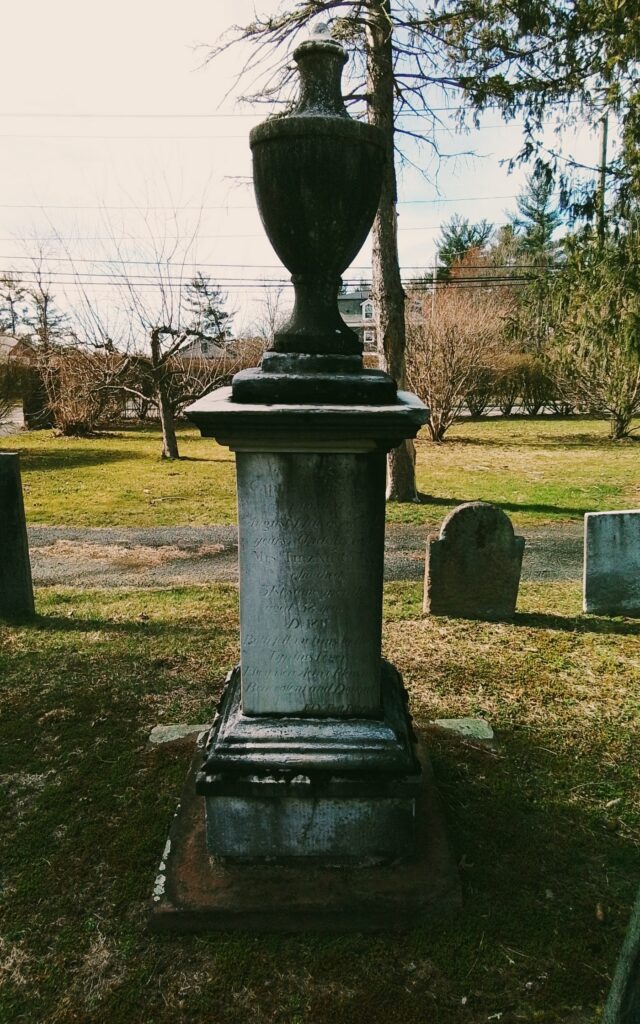
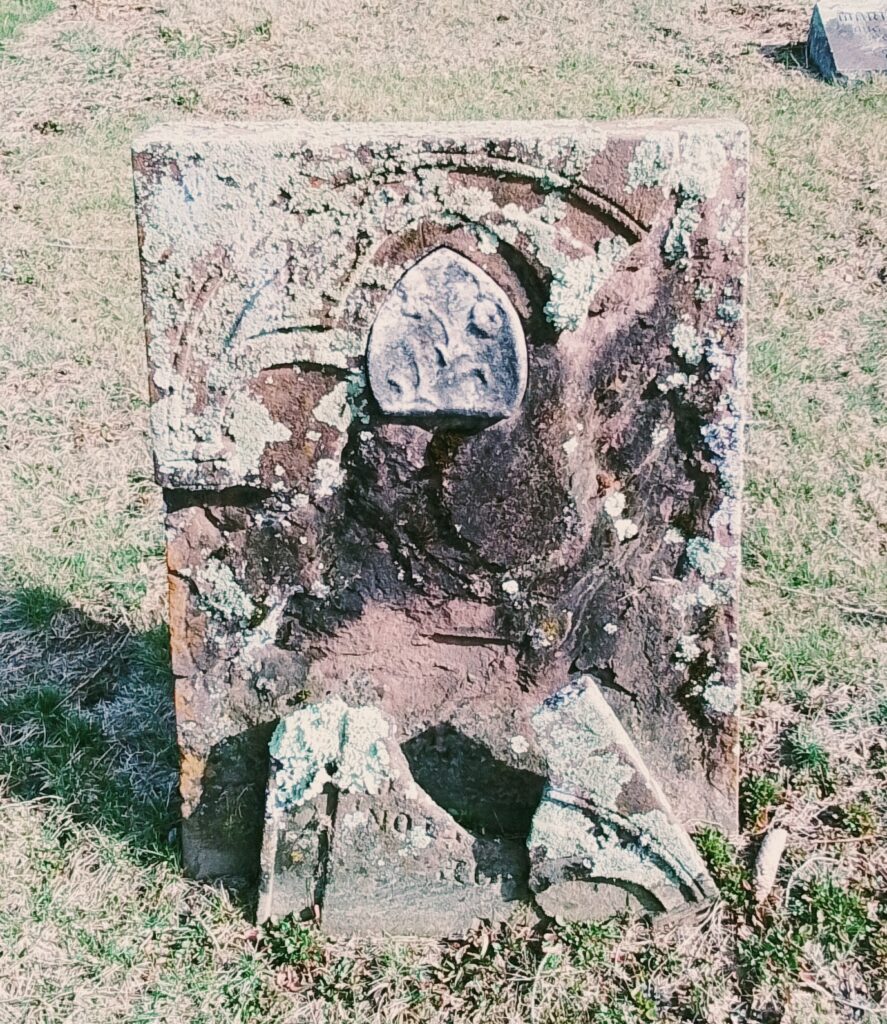

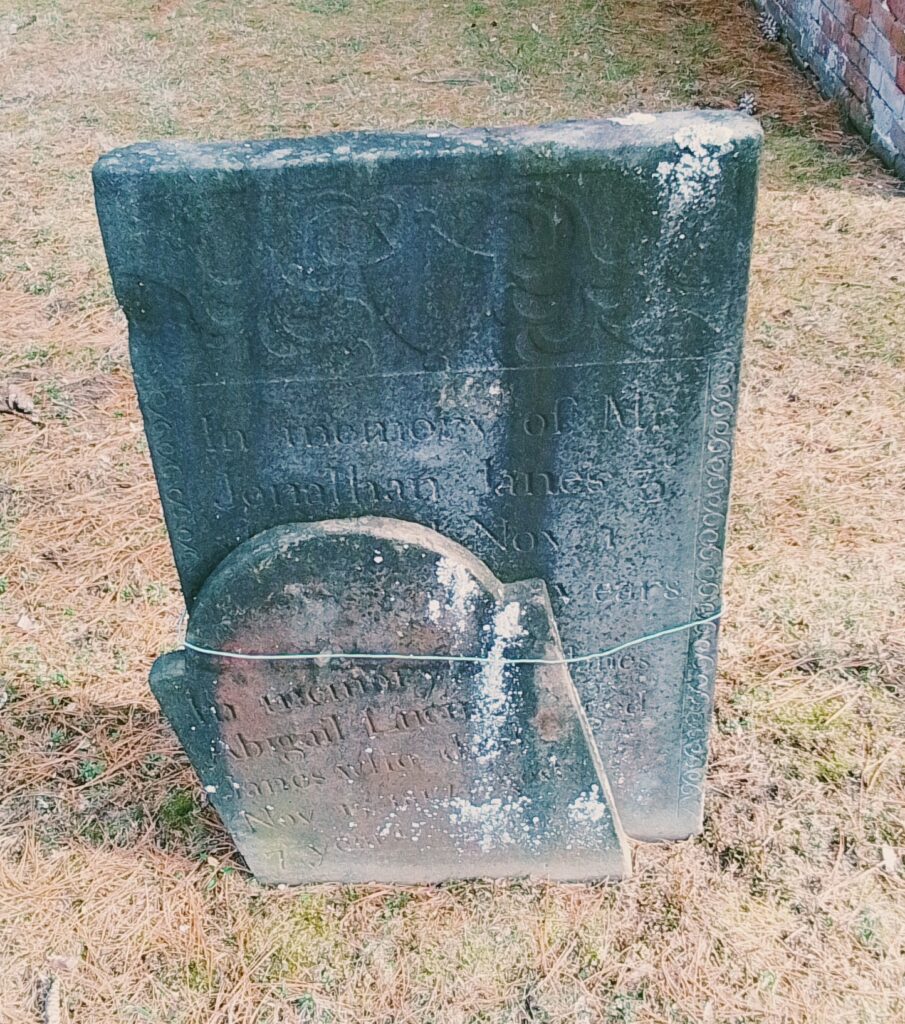
Seth Janes
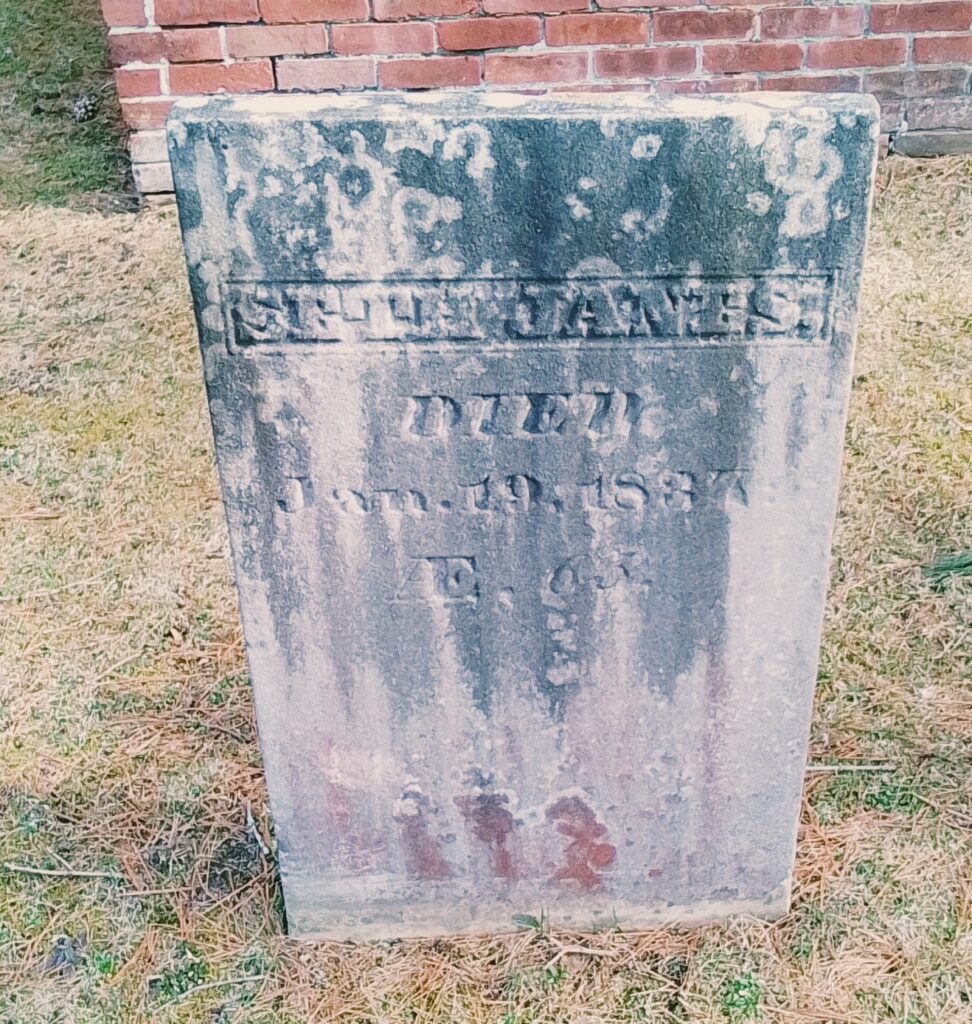
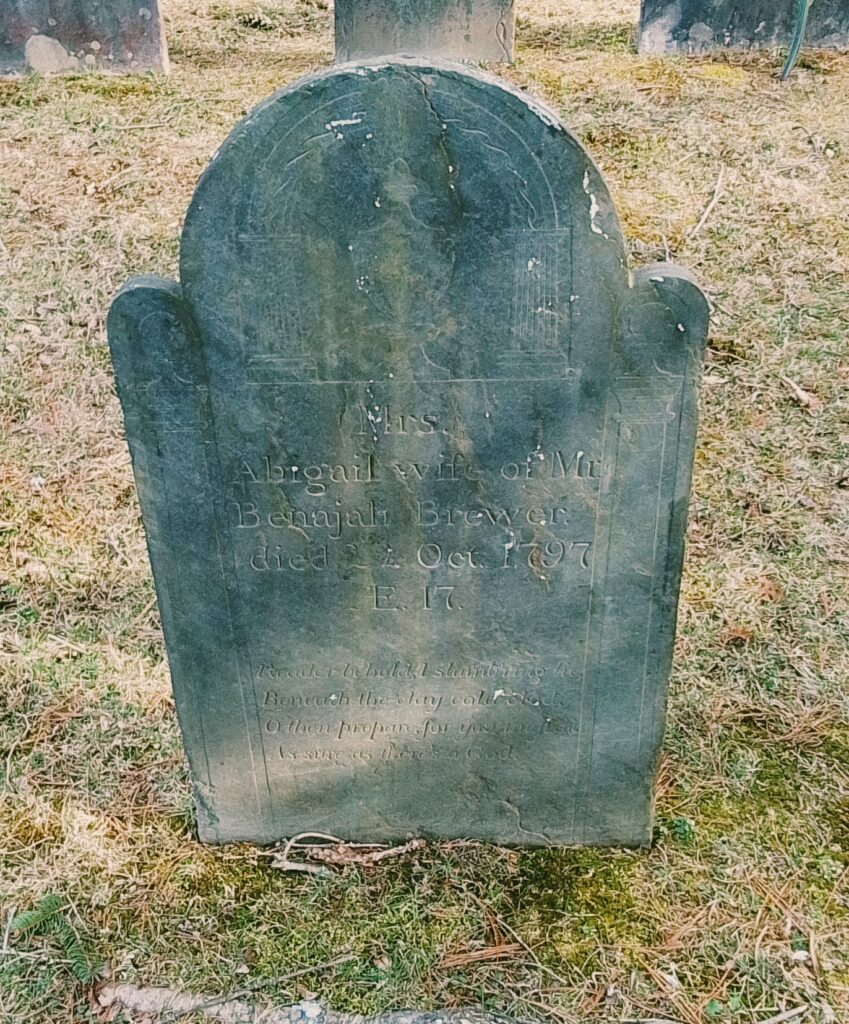
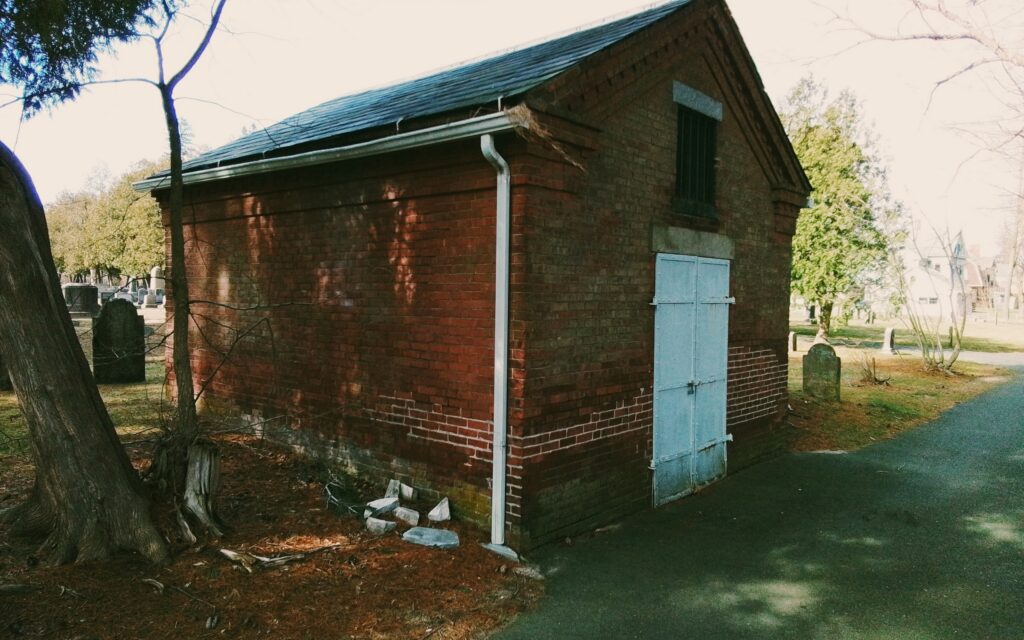
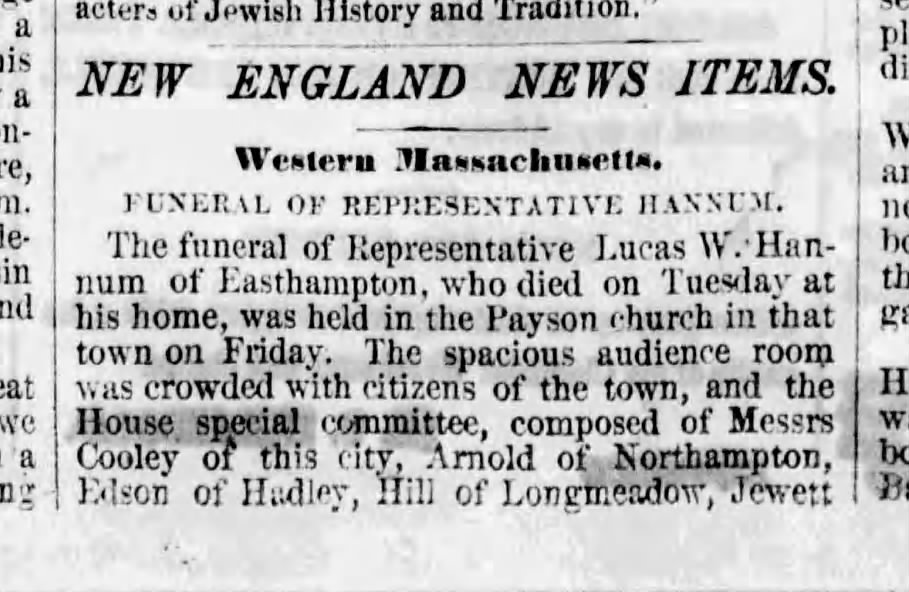
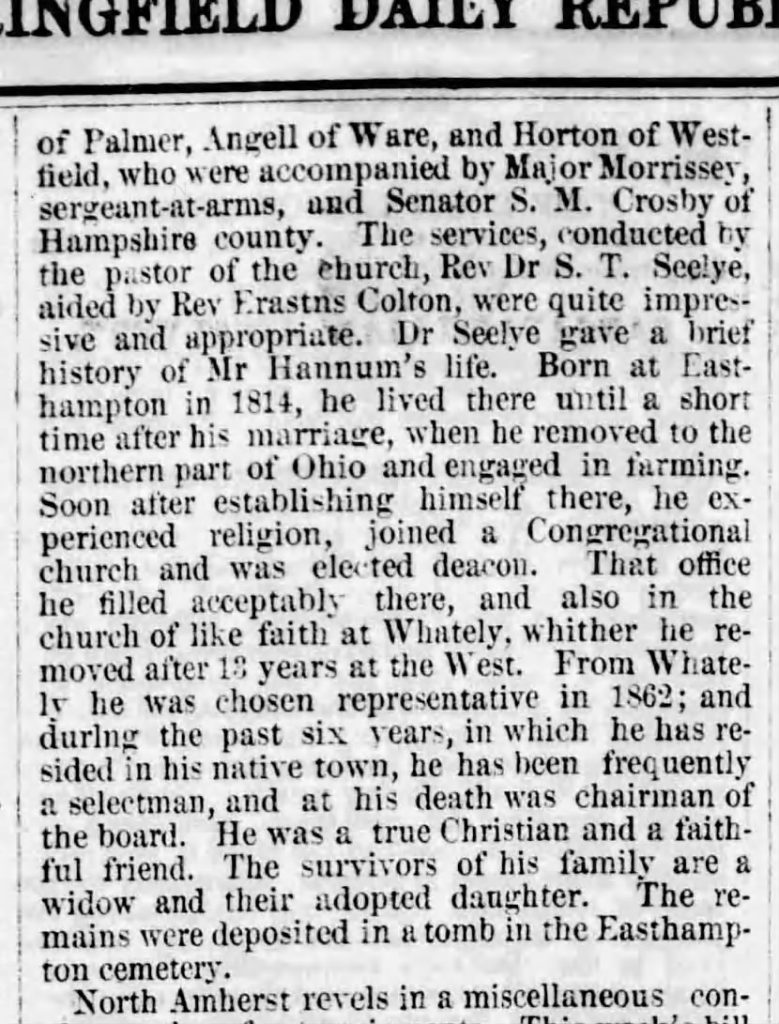
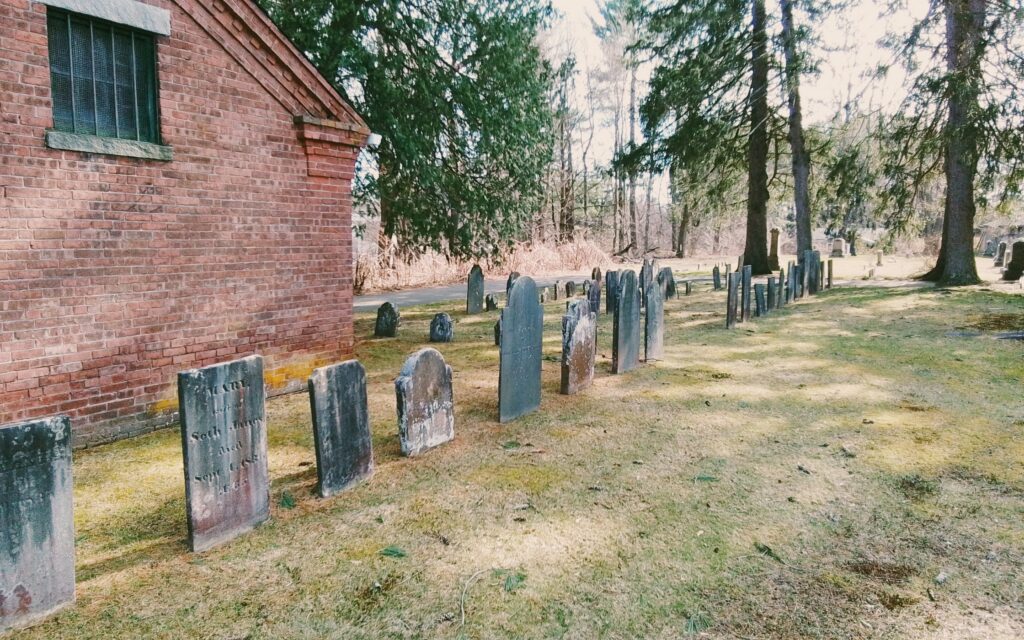

Miriam Hannum
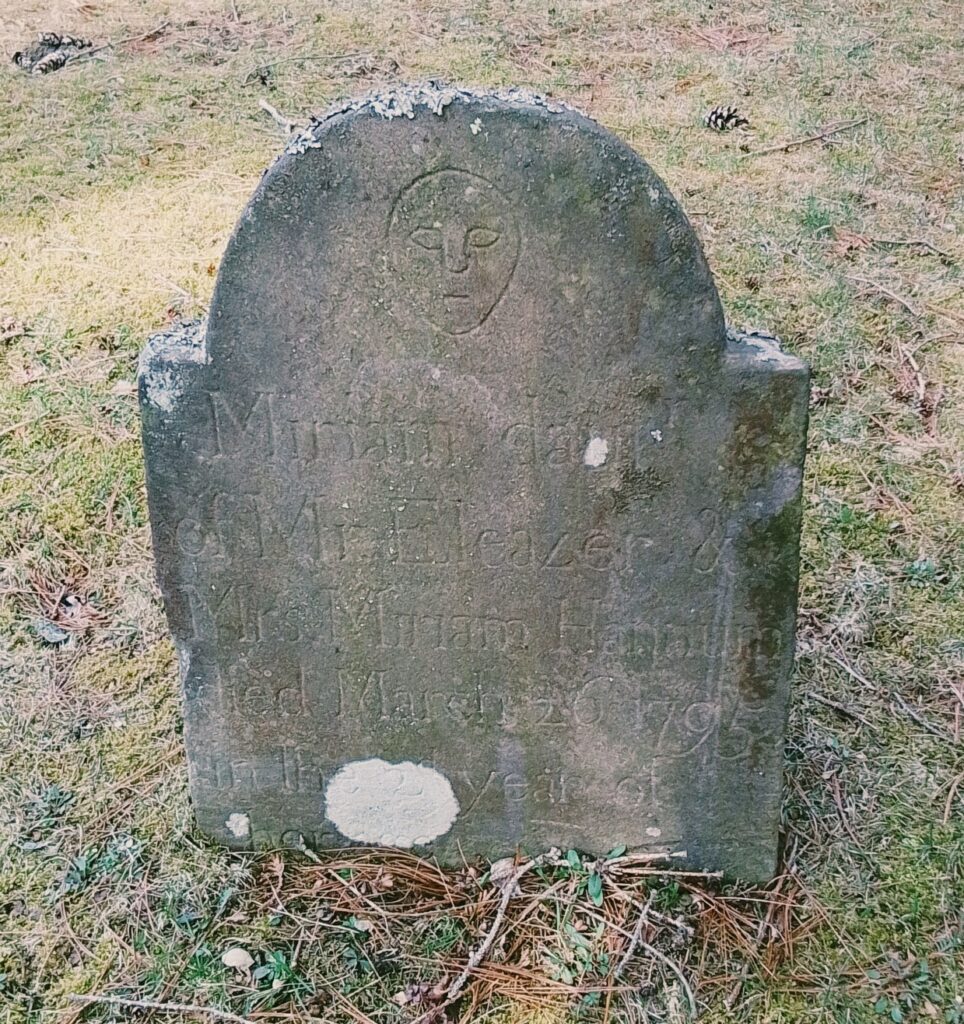
Luke Packard
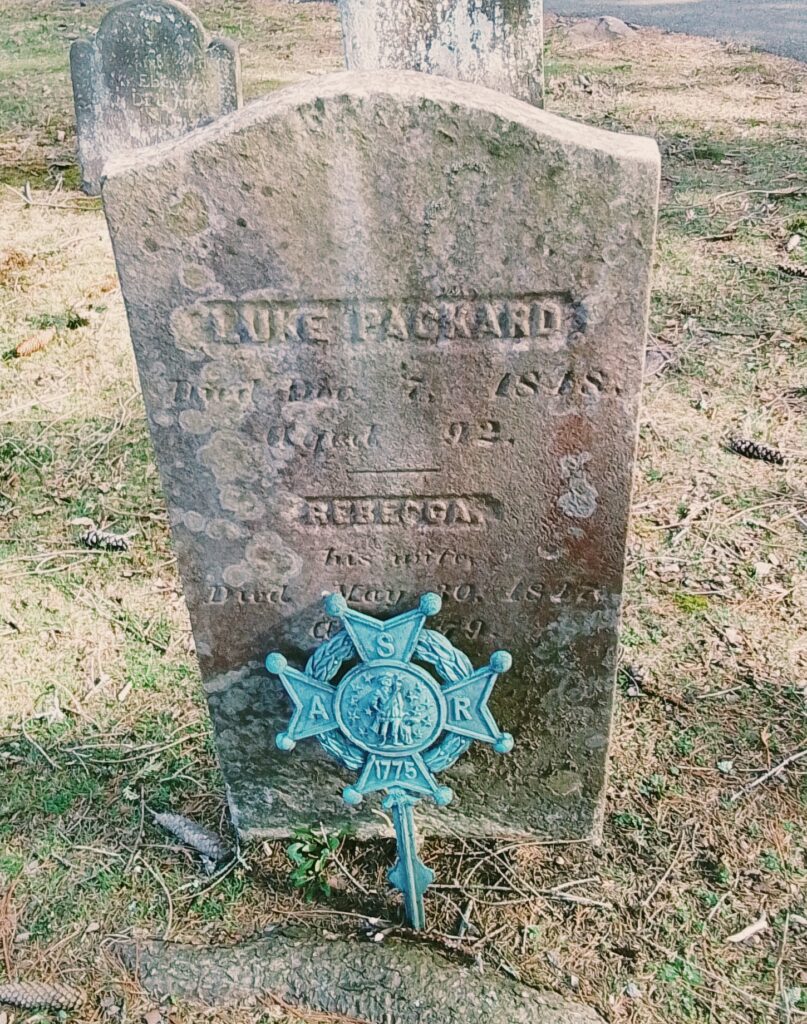
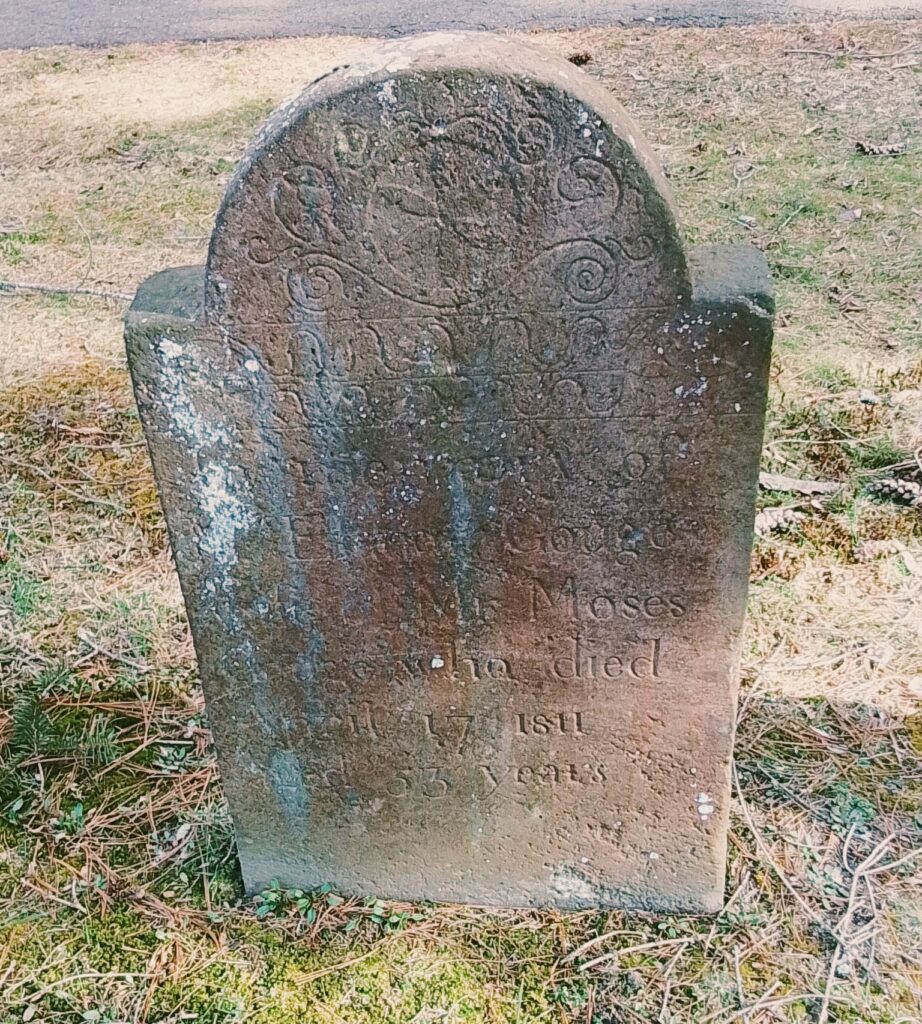
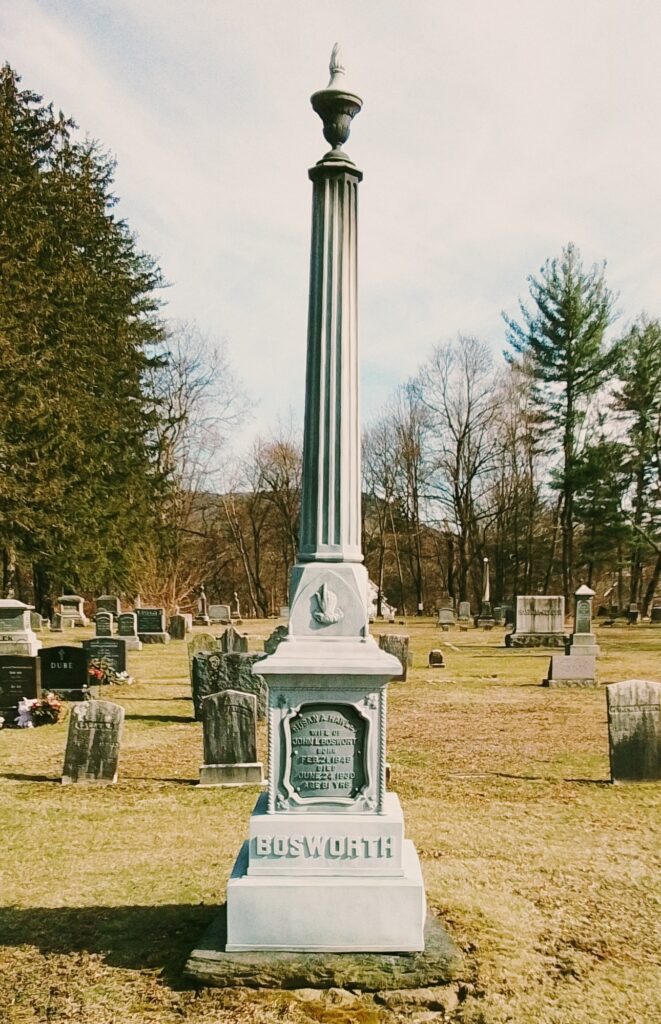
Cremation area
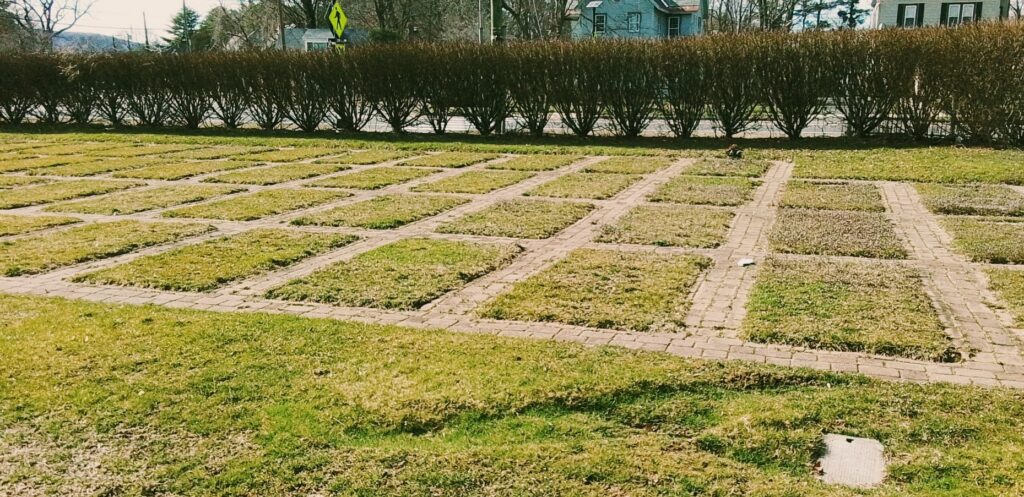
CPA of Easthampton
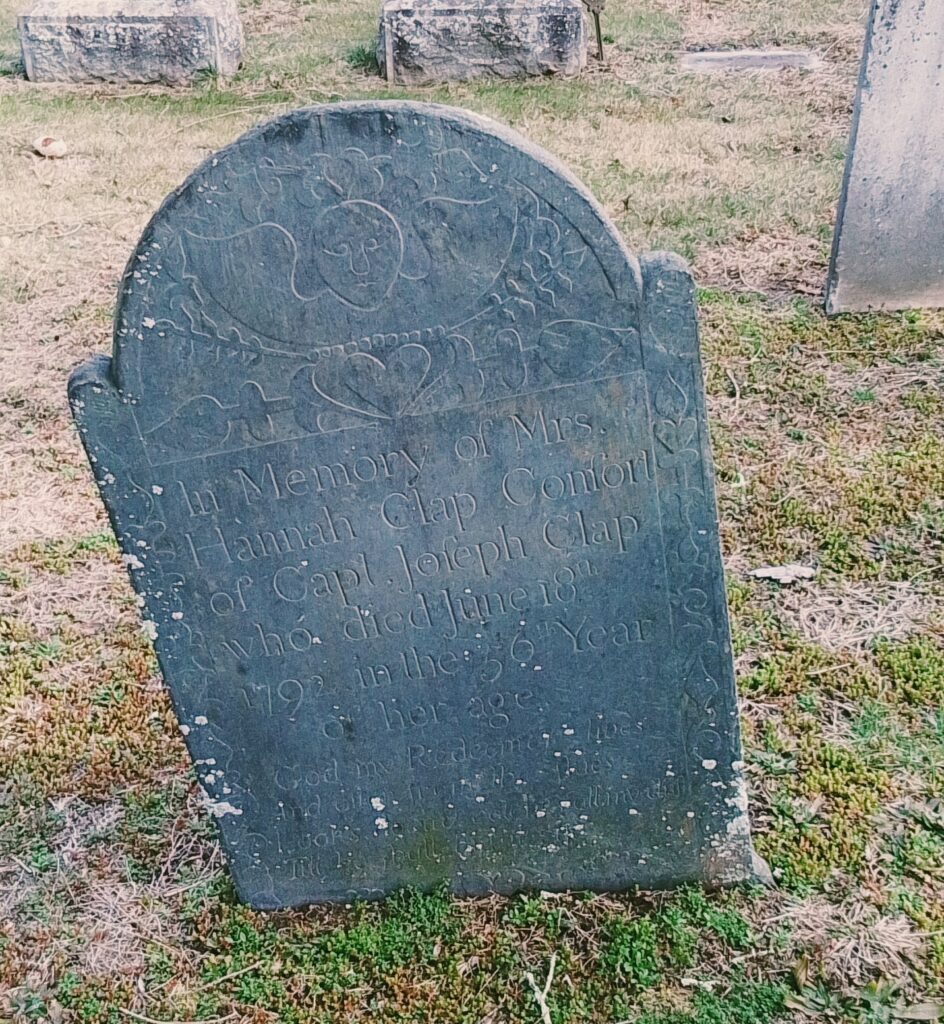
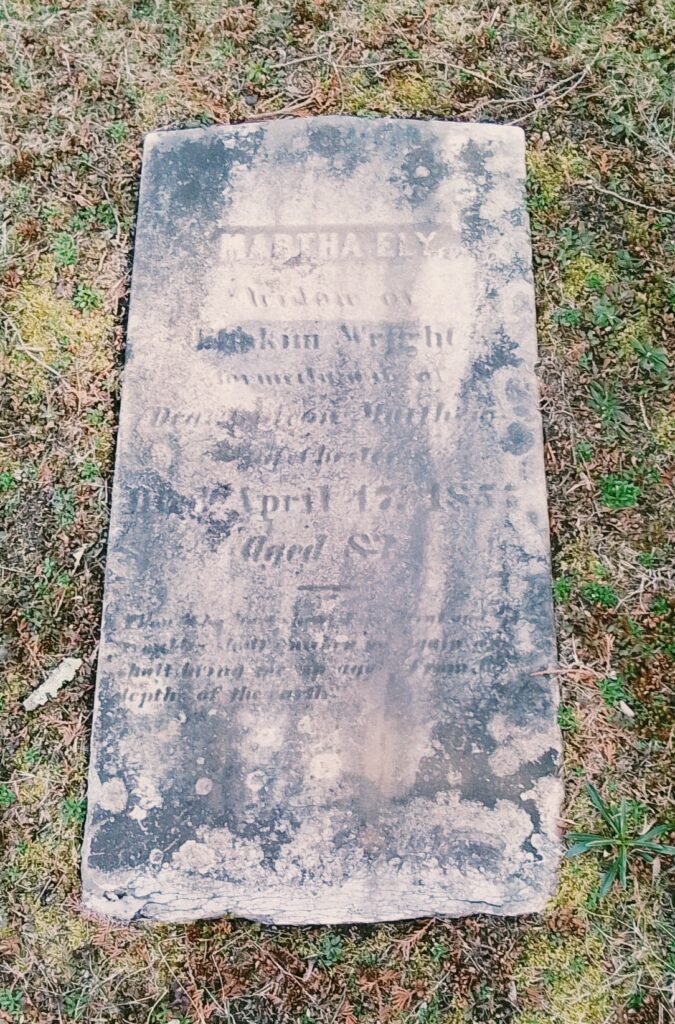
Ford plot
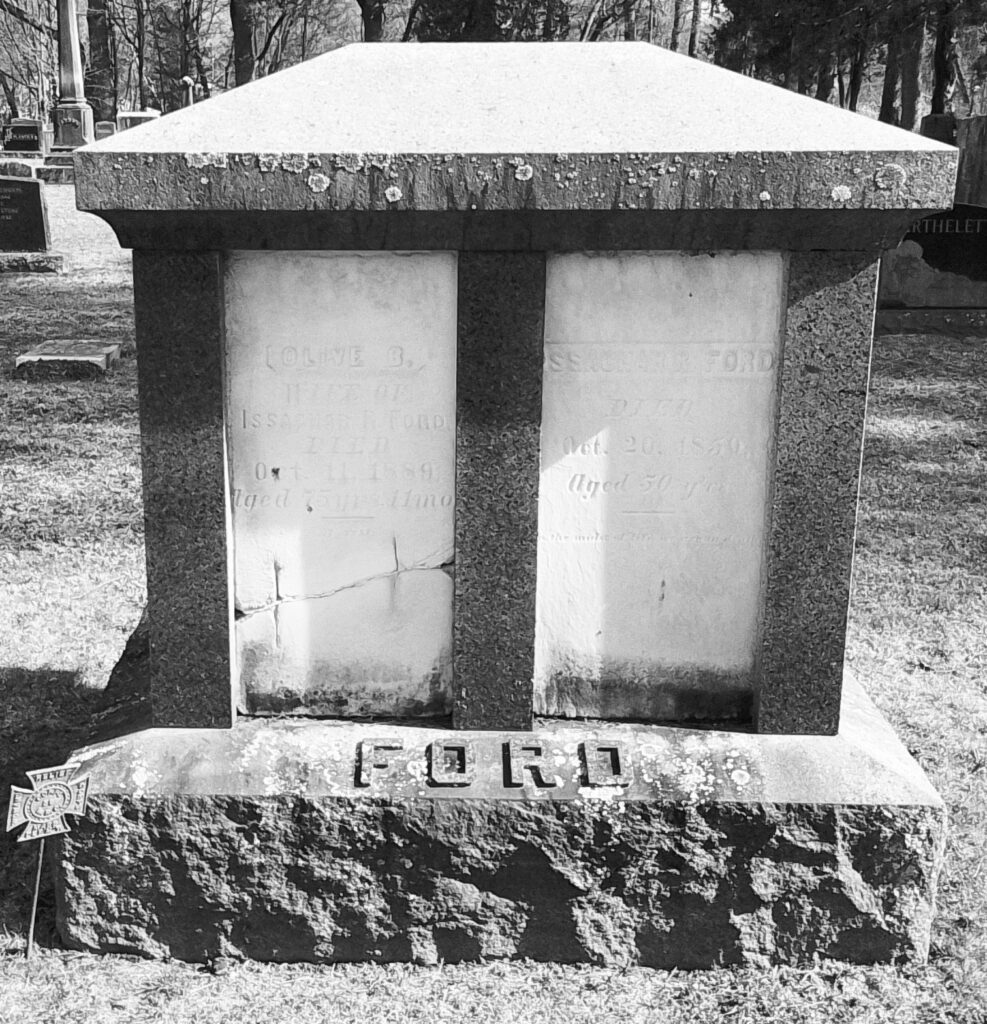
Ferry family plot
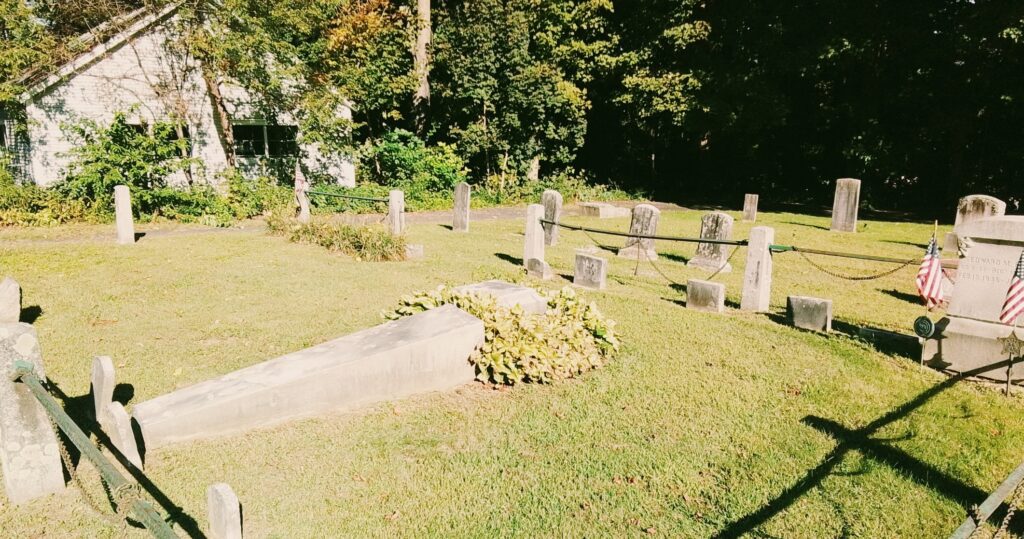
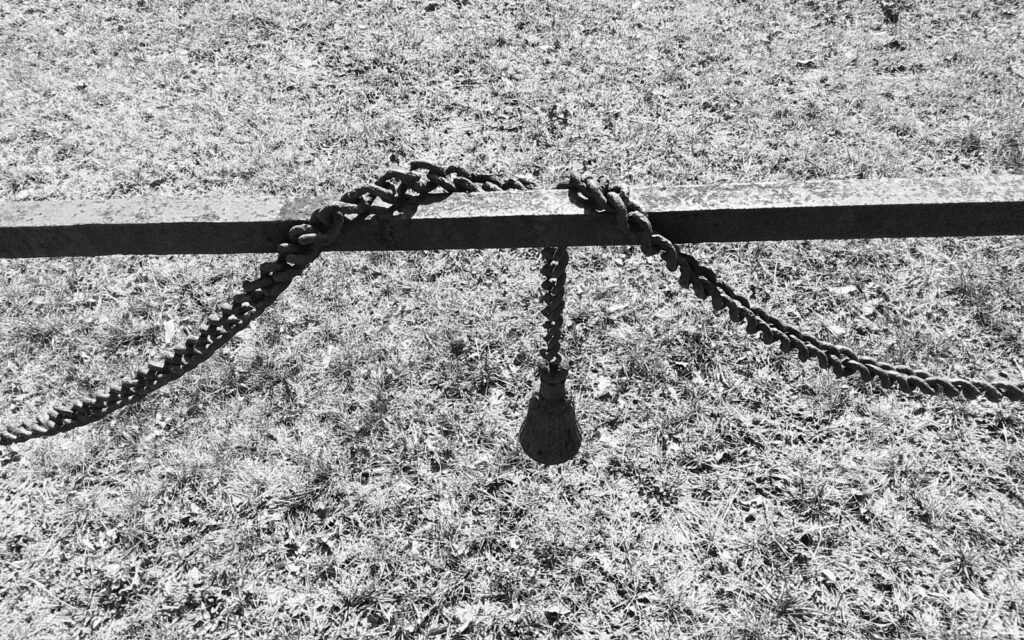
and spouse Submit Strong Clap
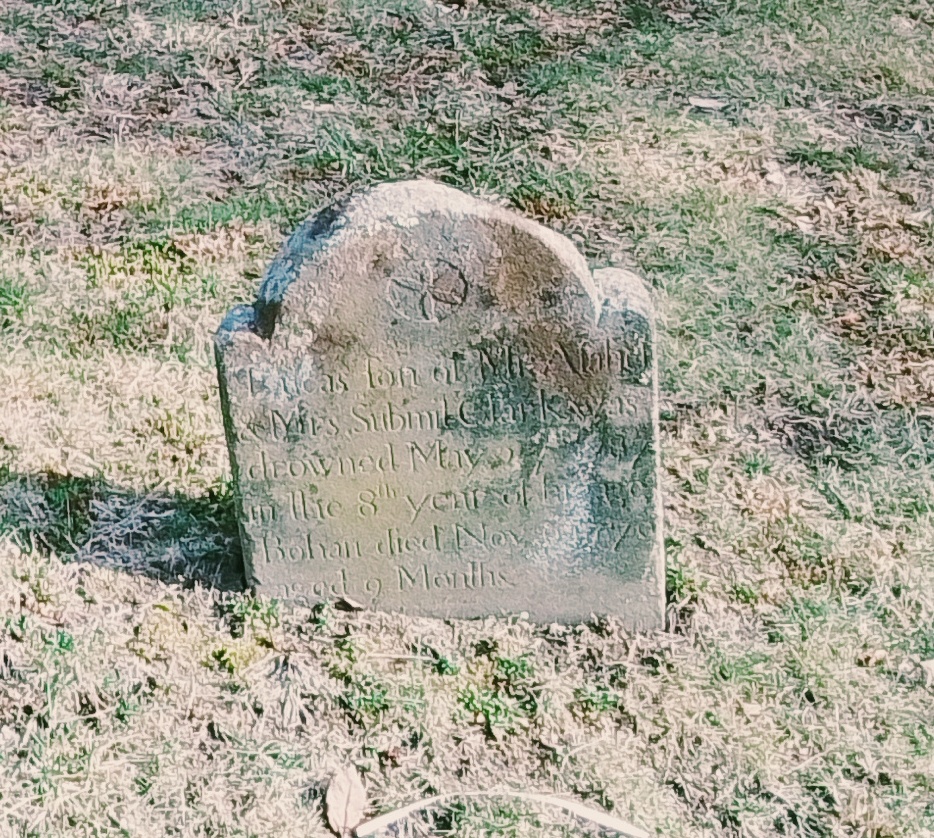
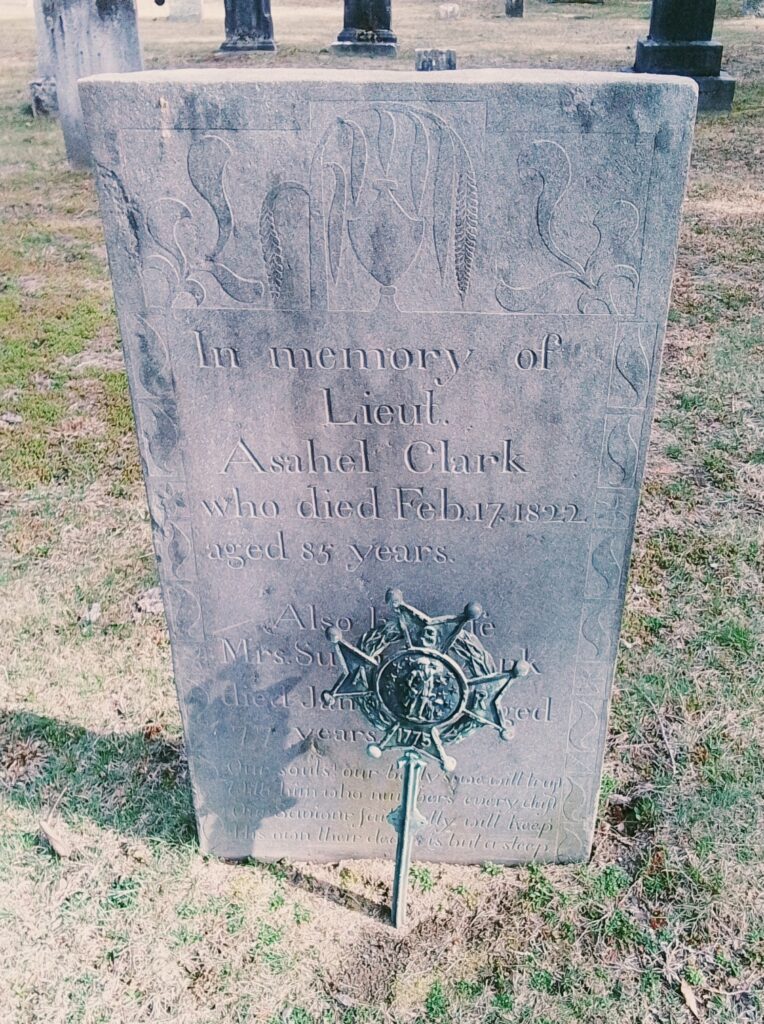

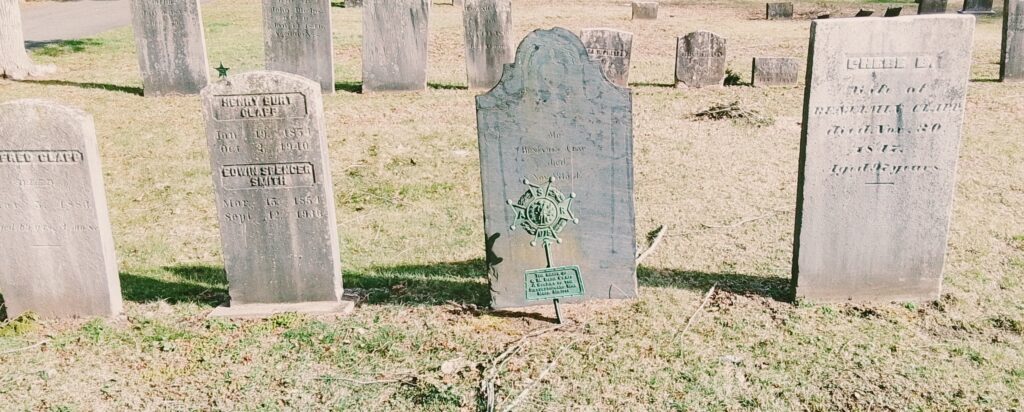
Nonotuck Park
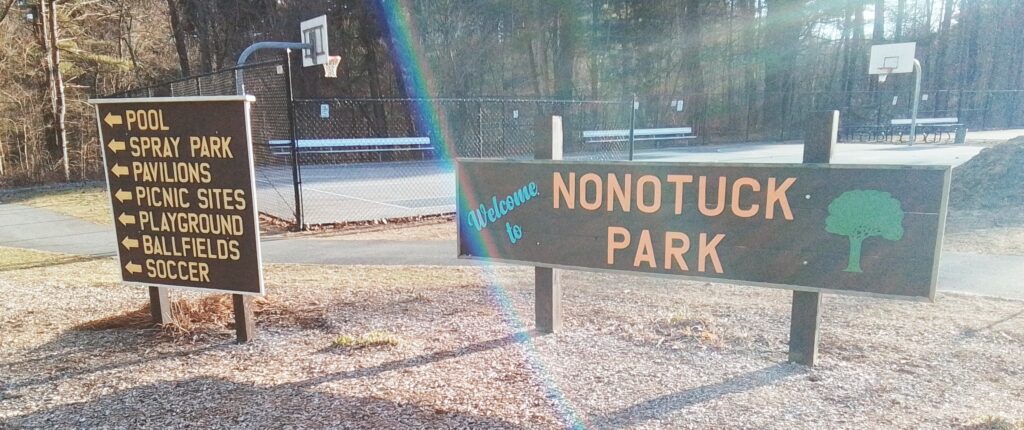
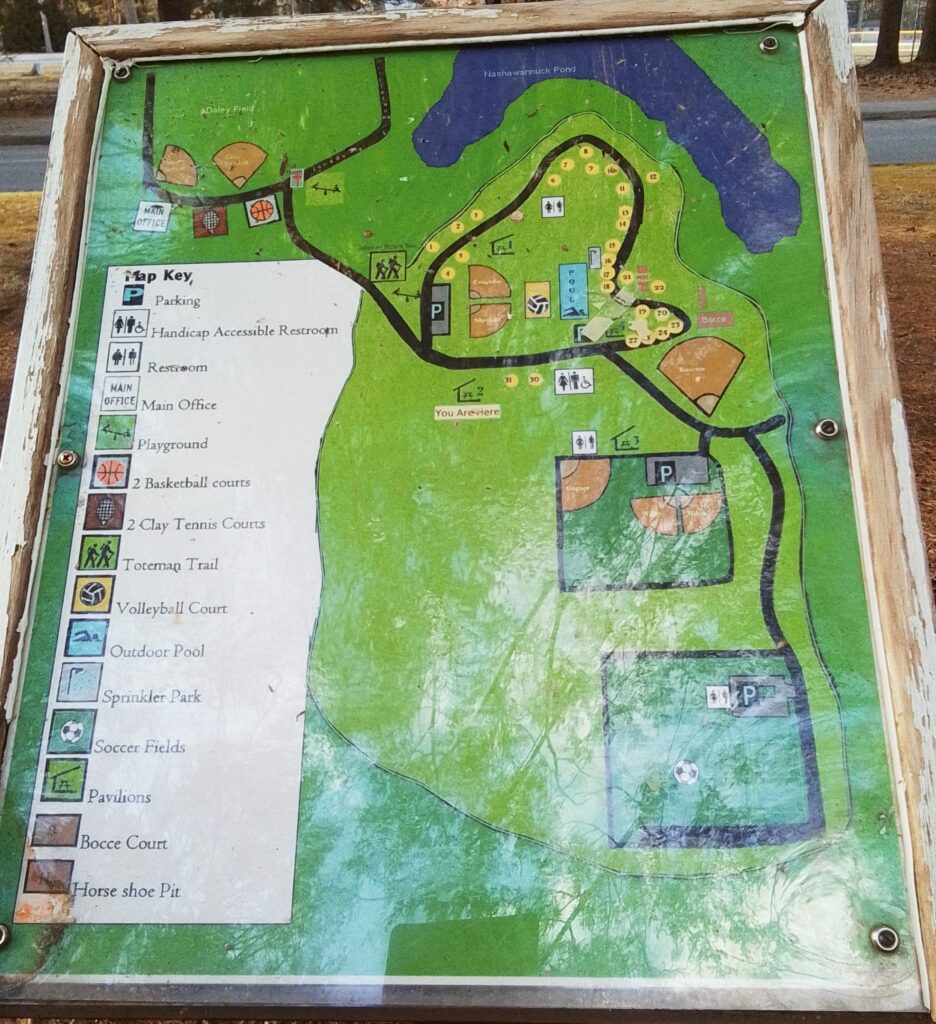
Nonotuck Park is a large park in Easthampton Massachusetts. Two brooks flow through it – White Brook and Broad Brook. It has many features both within the park and just outside the park. Nonotuck Park was made in the year 1923.
Nonotuck Park –
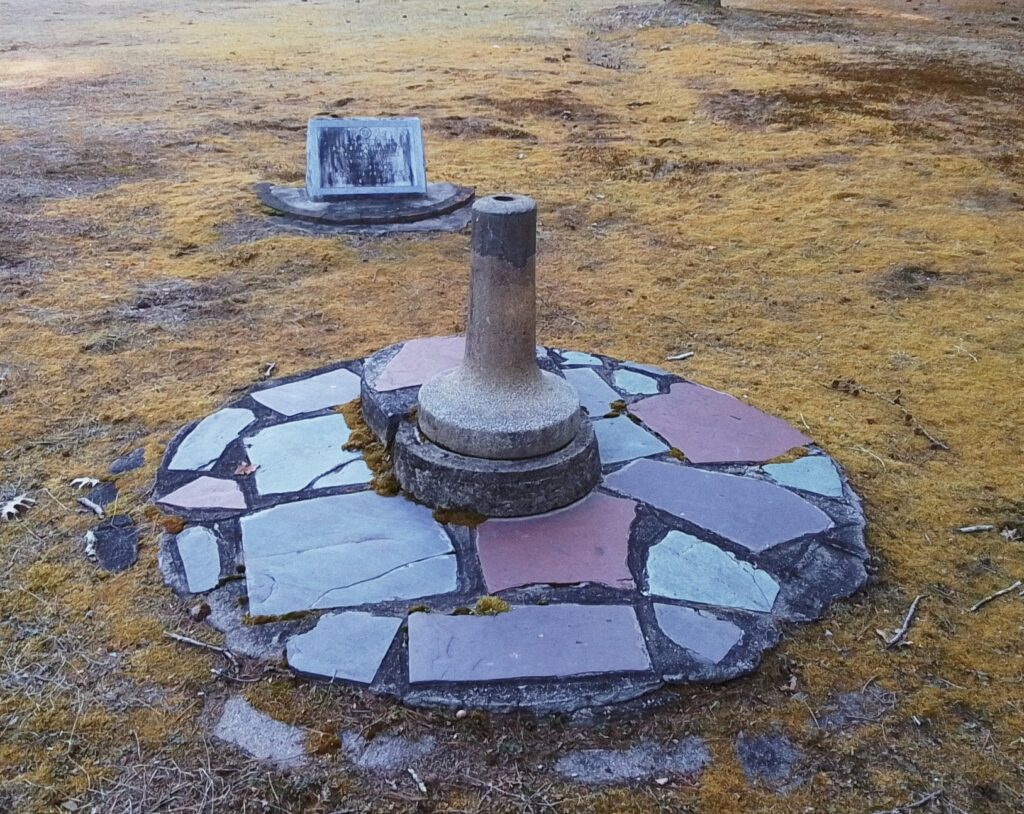
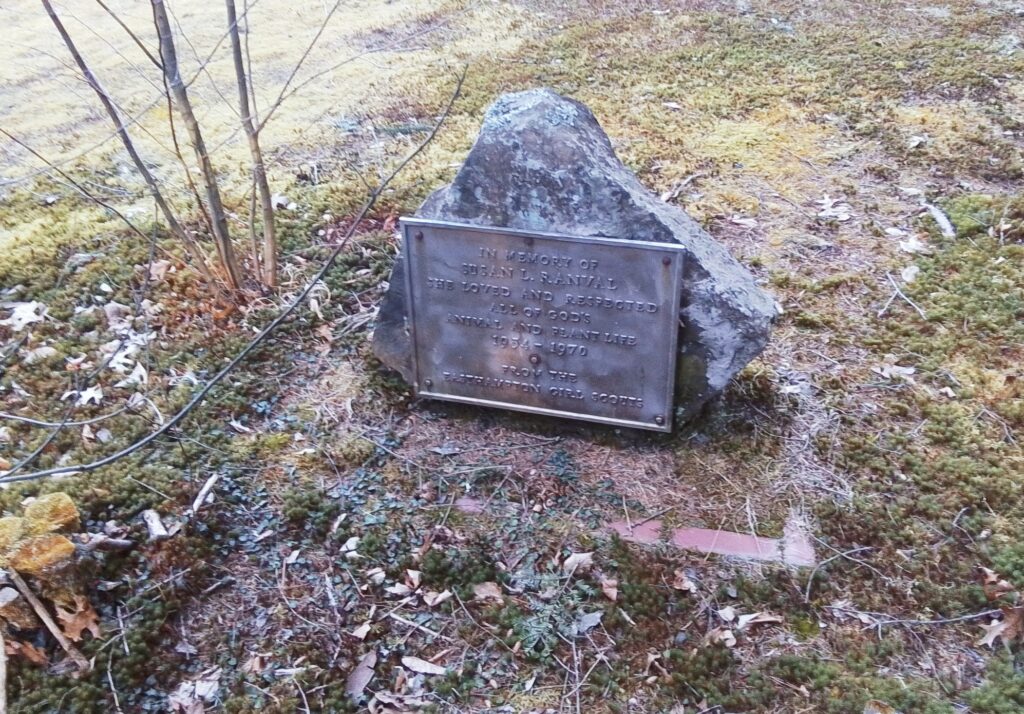
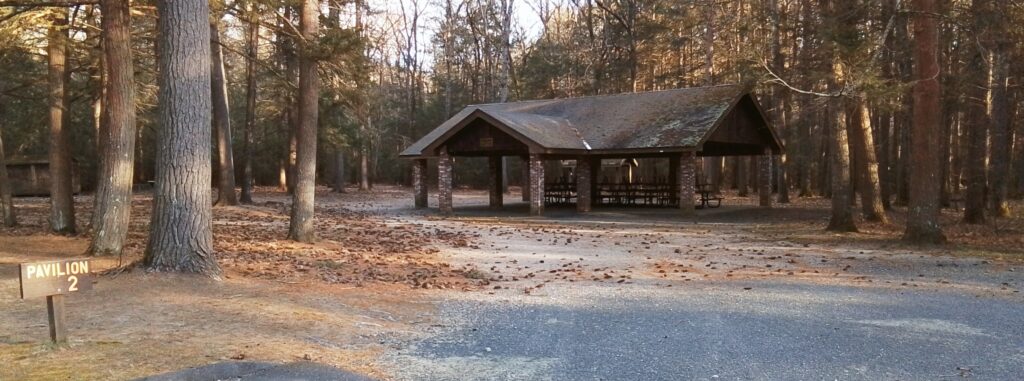
Playgrounds
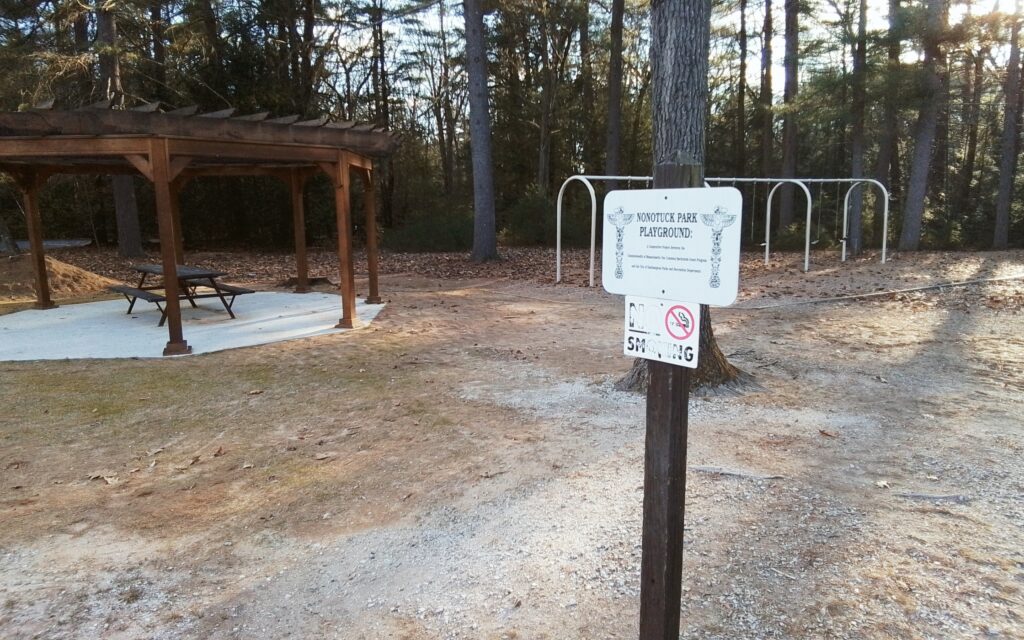
Toteman Nature Trail
the Frederick Kaczynski memorial is nearby
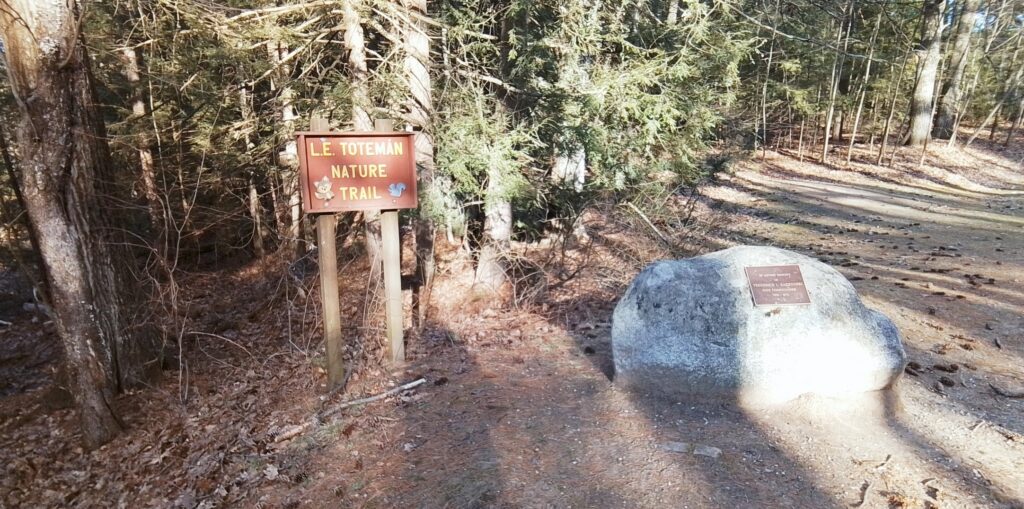
Baseball Fields
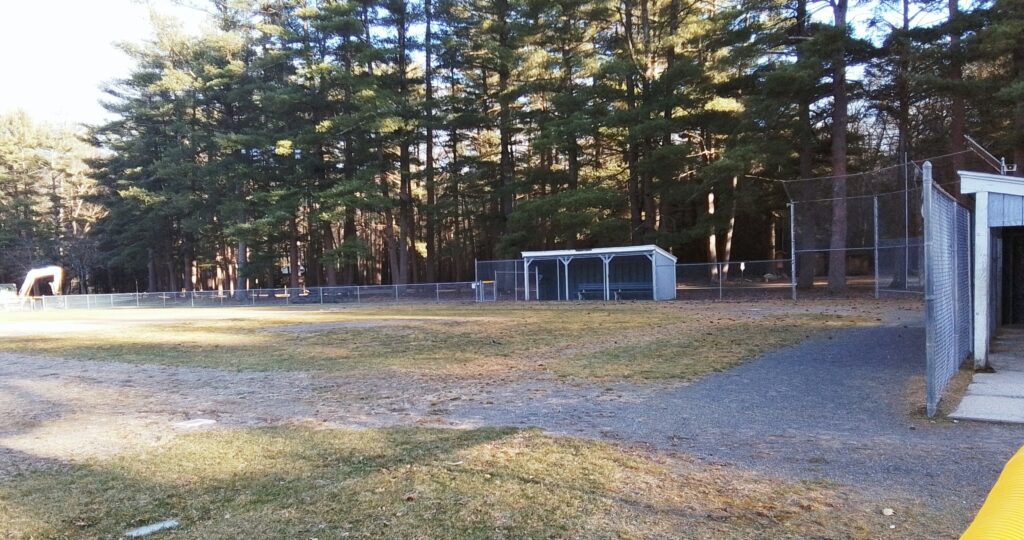
Pavilion
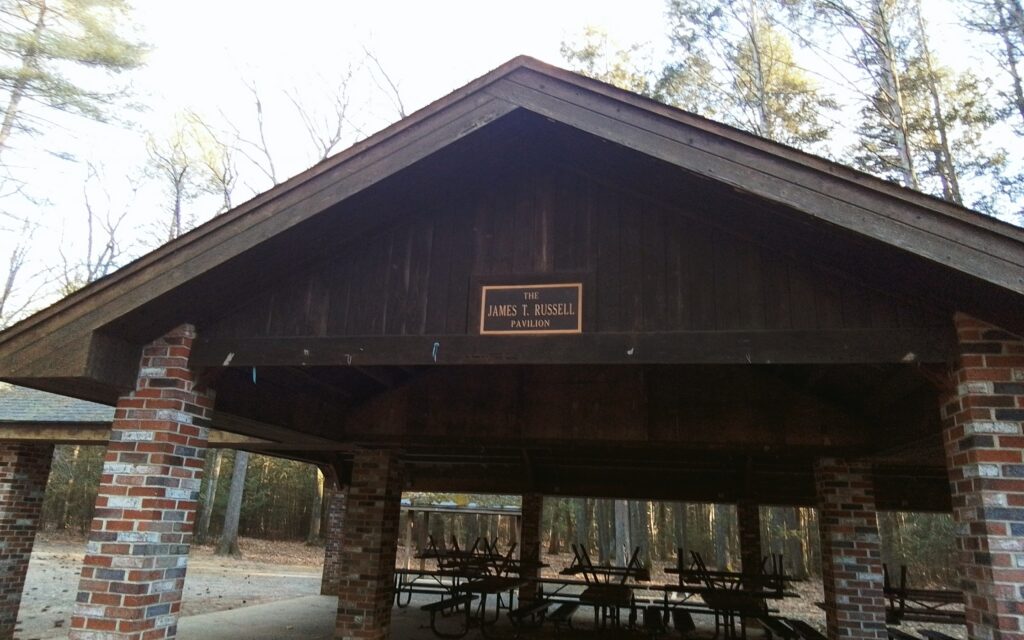
Galbraith Park –
Nashawanuck Pond – This is a reservoir since it is dammed and would not exist without being so. It was once called Upper Mill Pond.
External LINK on the pond
Brookside Cemetery – The cemetery is from about 1874. LINK
White Brook –
Mountain View School –
Daley Field – LINK
Broad Brook –
Neighborhood of the Park –
Water Lane – This street on the eastern side of Nashawanuck Pond had a boathouse, clubhouse, and a beach.
Lower Mill Pond

[Park in Millside Park.]
Lower Mill Pond is a reservoir in Easthampton that has old mills and workers’ homes along it. The Williston Mill is still there but has added to it the Hampton Mills. Along the western edge of Lower Mill Pond is the former West Boylston Mills. The first workers’ homes New City are bounded by Emerald Place, Ferry Street, and Parsons Street. The second workers’ homes Hampton Terrace are off Pleasant Street between the Pleasant Green and Terrace View. The third workers’ homes Everett Street Village are on Everett Street and Grant Street.
Williston Mill lasted from the 1840s to 1892
Easthampton Spinning from 1892 to 1899
West Boylston Mill from 1899 to 1933
Hampton Mill 1903

stop 0 – Lower Mill Pond
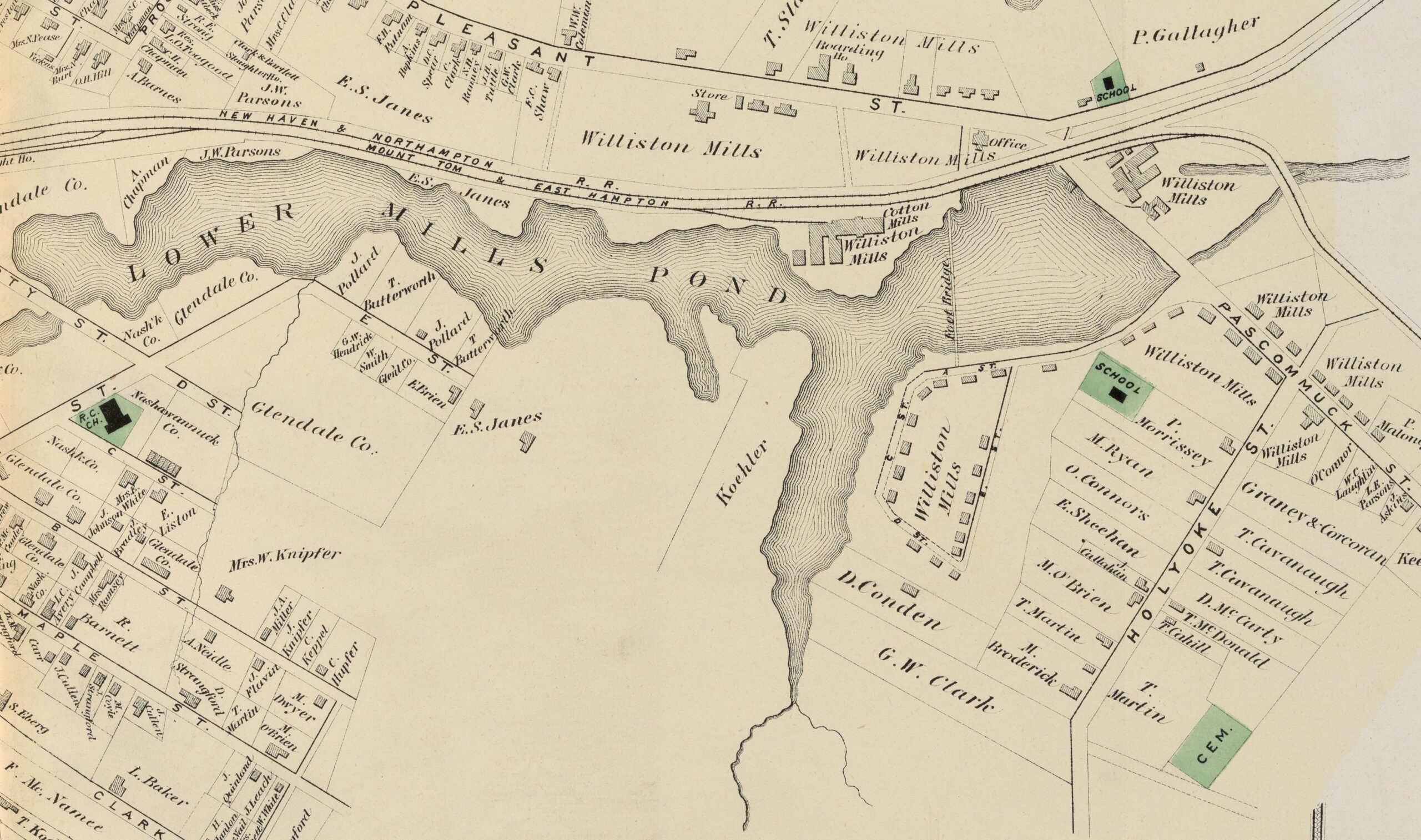
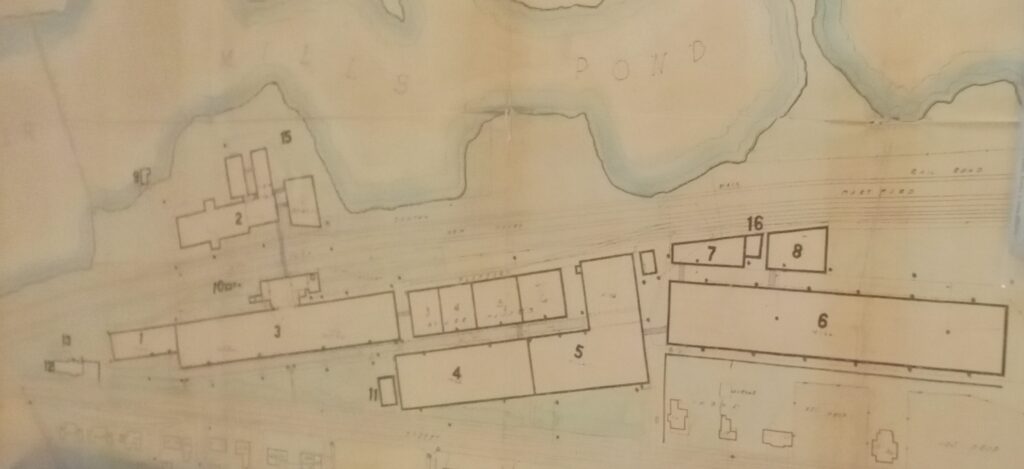
stop 1 – Back of the West Boylston Mills
| mill | starts | ends | becomes |
| 1 | 1902 | Advertising Corp of America | |
| 2 | 1931 | ||
| 3 | 1901 | Paragon Rubber / American Character Doll | |
| 4 | 1907 | mostly Lesnow | |
| 5 | 1912 | ||
| 6 | 1916 | Stanley Home Products | |
| 7 | 1916 | wastehouse | |
| 8 | 1916 | storehouse | |
| 9 | recent |
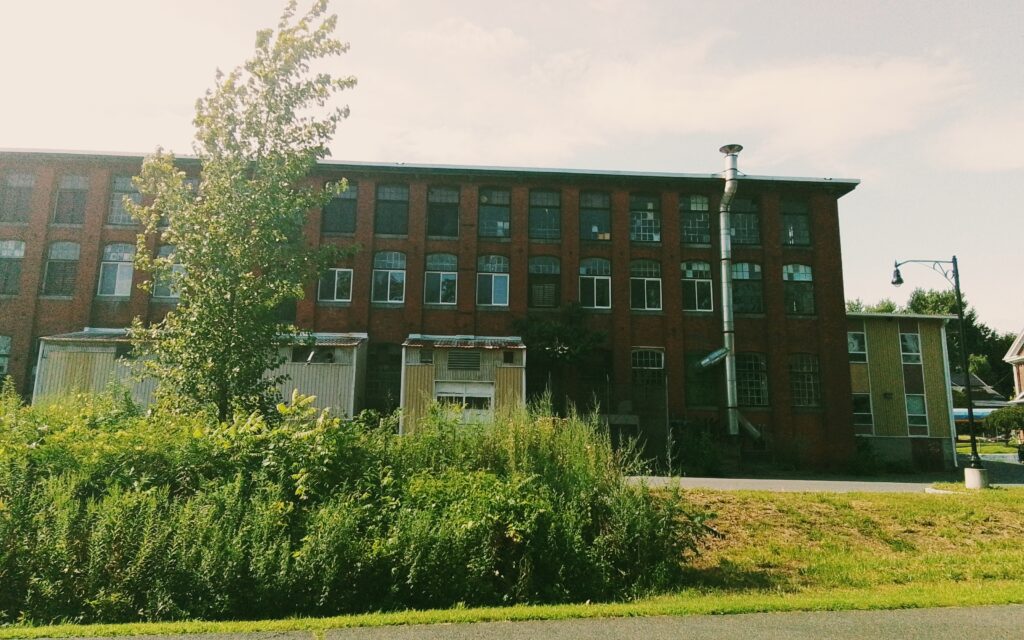







stop 2 – Front of the West Boylston Mills
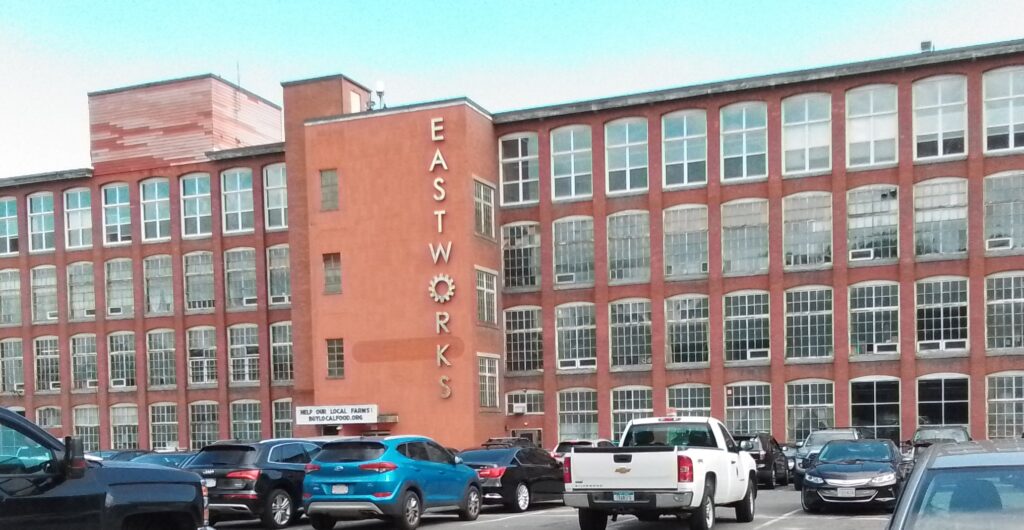


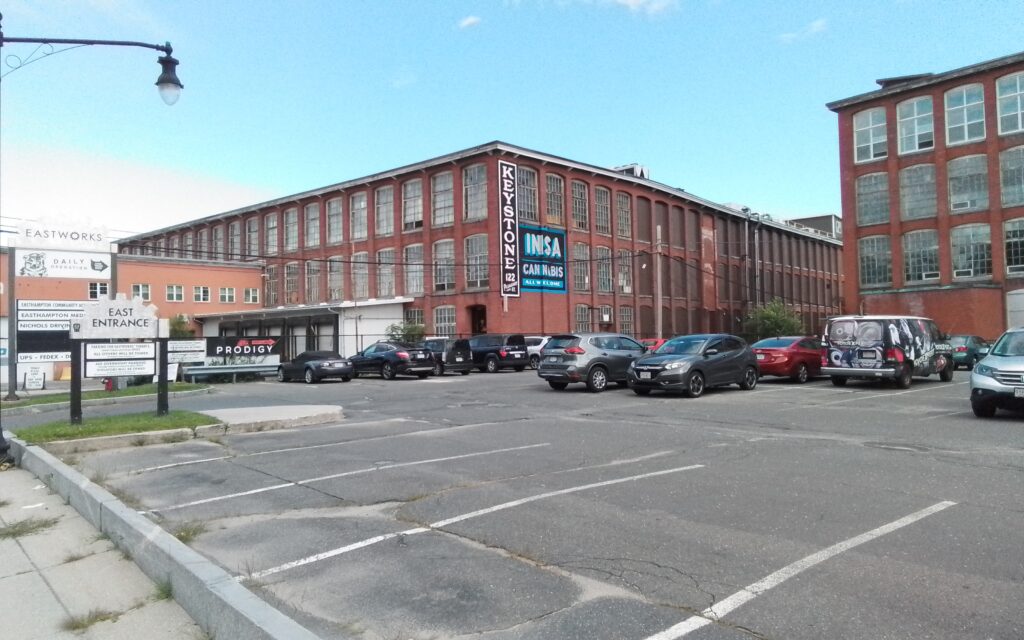






stop 3 – Hampton Terrace and Pleasant Green
Most of these homes are from 1920.
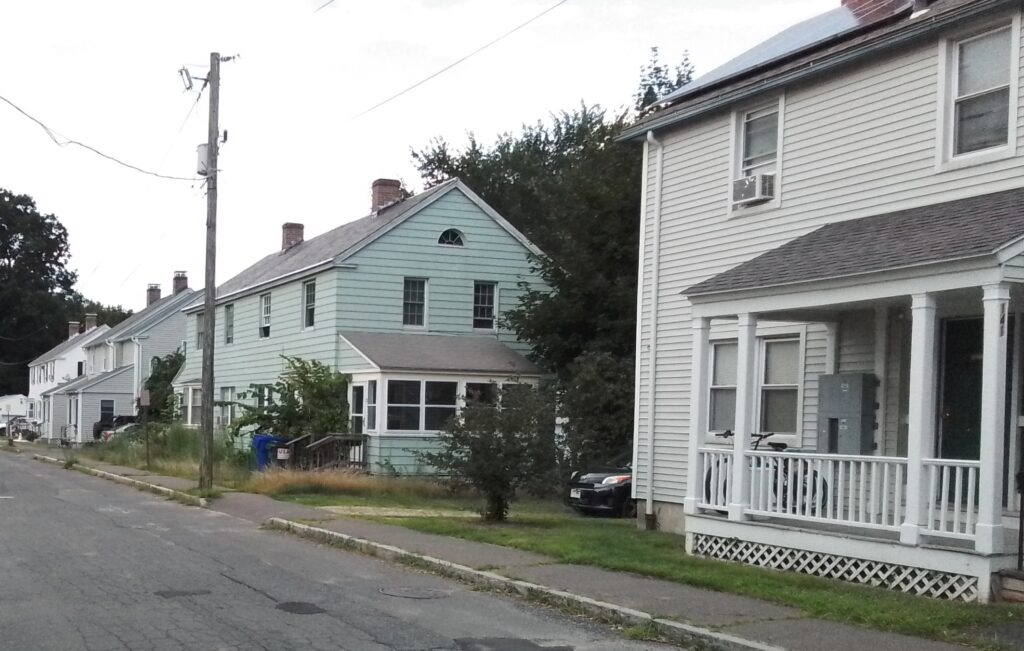

| street | built | ||
| Ridgewood Terrace | 1922 | ||
| Pleasant Green East | 1920 | ||
| Pleasant Green West | 1920 | ||
| Hampton Terrace | 1865 and 1903 | ||
| Arlington Street | 1909 | ||
| Berkeley Street | 1909 and 1910 | ||
| Pleasant Street | 1865 and 1920 | ||
| Terrace View | 1922 |
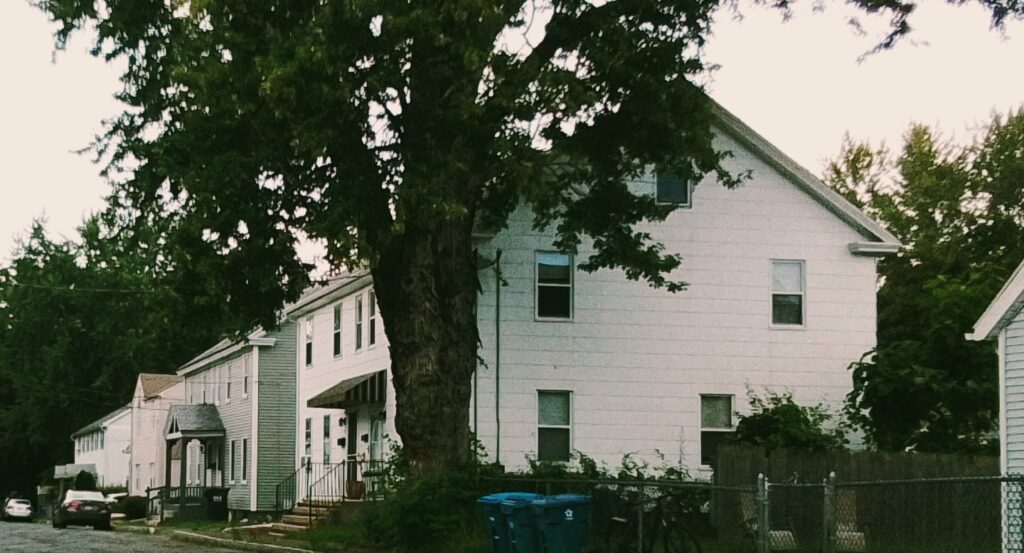
stop 4 – Williston Mill


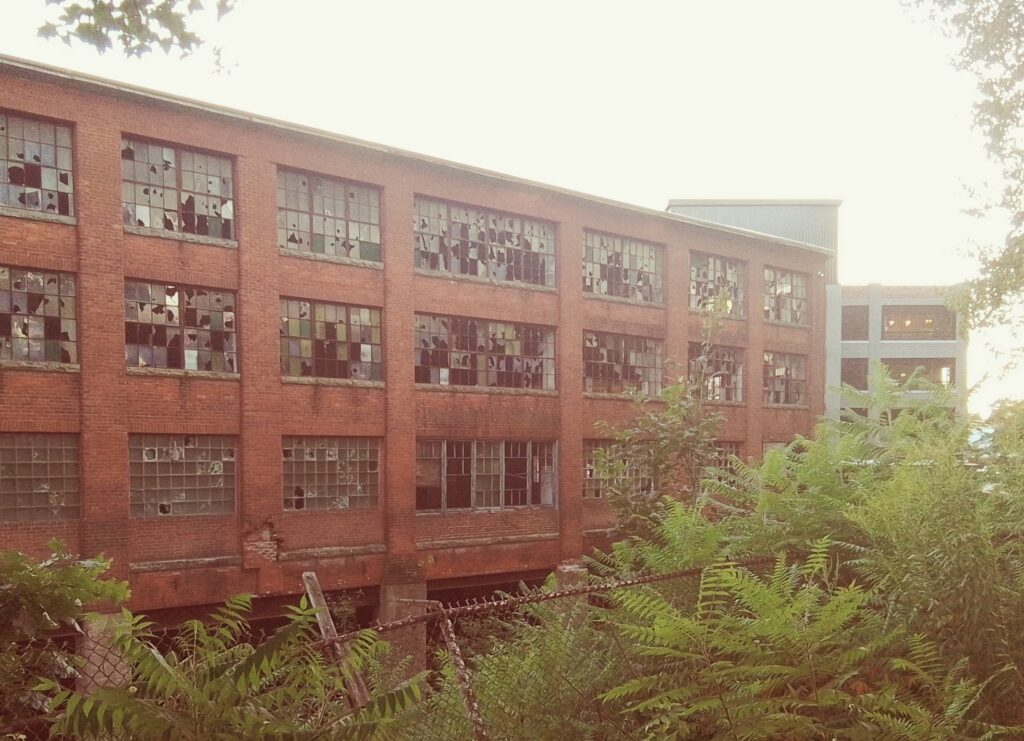
stop 5 – Hampton Mills
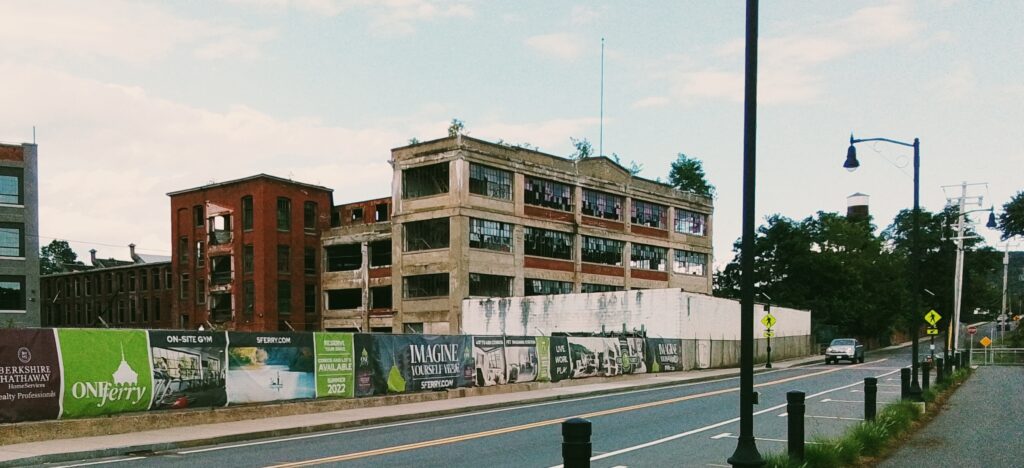

stop 6 – Lower Mill Pond Dam and the Broad Brook
The Broad Brook is dammed at this location. Thus Lower Mill Pond is a reservoir. After the power system was changed, the water is diverted into the tunnel to the right and meets the powerhouse there. In the 1800s the tunnel was far to the left and went under the Williston Mills.
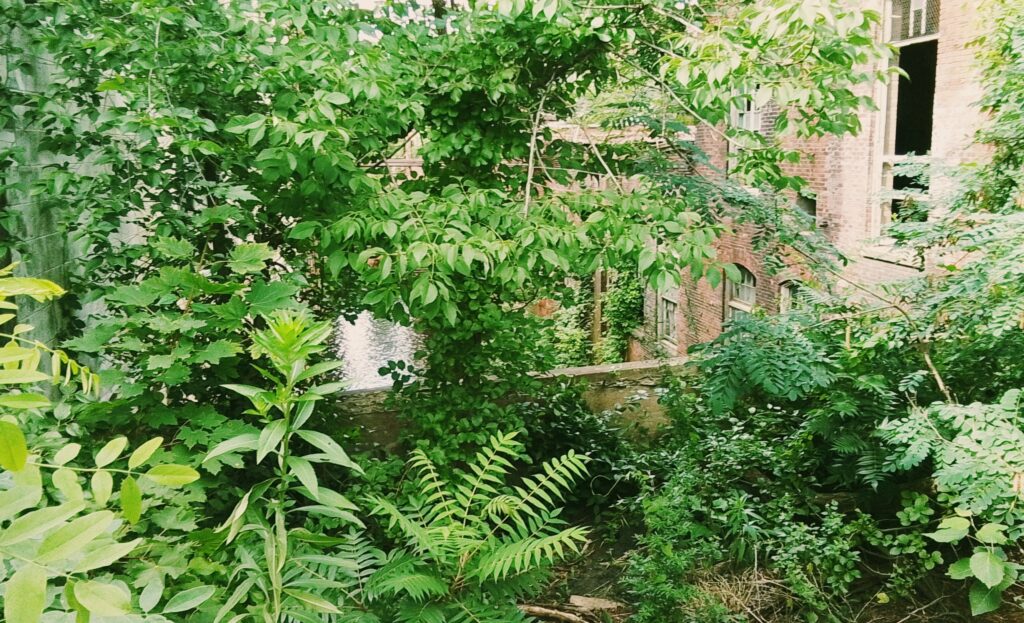



stop 7 – New City


The oldest homes are 1860s and are located on Ferry, Emerald, and Lincoln. When West Boylston arrived they made more in 1903 – on Harrison and Oakdale. Later in 1920 more were made – on Dartmouth, Exeter, Federal, and Clinton.


This schoolhouse started in 1902 as the Hampton Mills School but in 1908 became the
Parsons Street School. It was doubled in size in 1913.
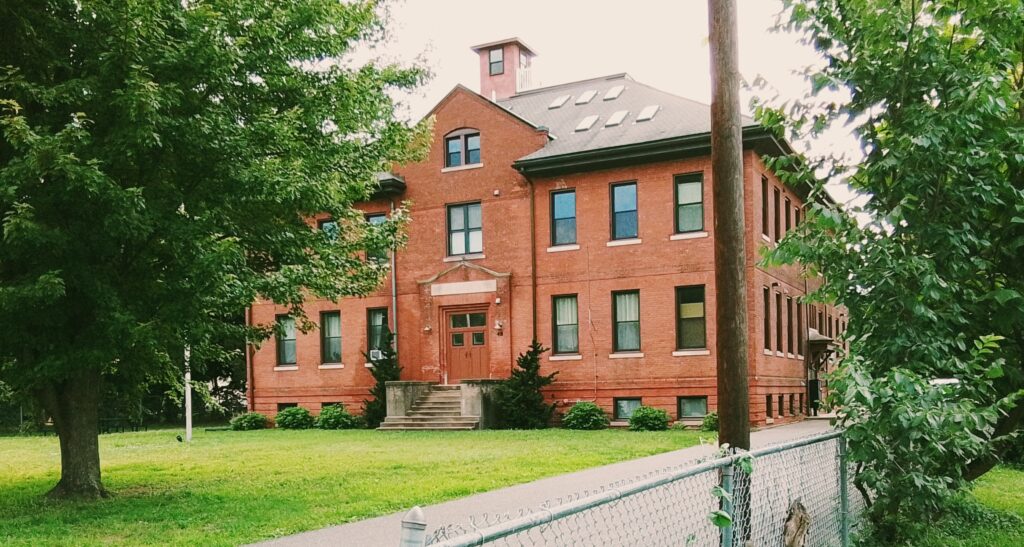
| street | built | houses | |
| Emerald Place | 1865 | ||
| Harrison Avenue | 1903 | ||
| Lincoln Street | 1865 | ||
| Ferry Street | 1865 | ||
| Oakdale Street | 1903 | ||
| Dartmouth Street | 1917 | ||
| Exeter Street | 1917 | ||
| Federal Street | 1917 | ||
| Clinton Street | 1917 |

stop 8 – Everett Street Village
This Everett Street area was constructed in 1917 to 1918 as homes for mill workers.
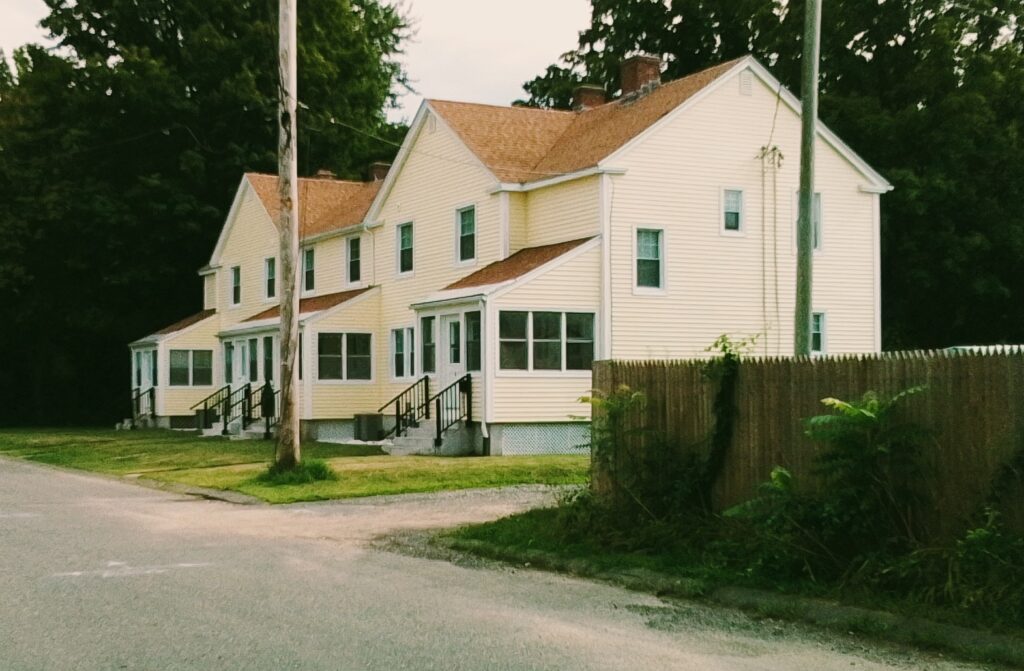
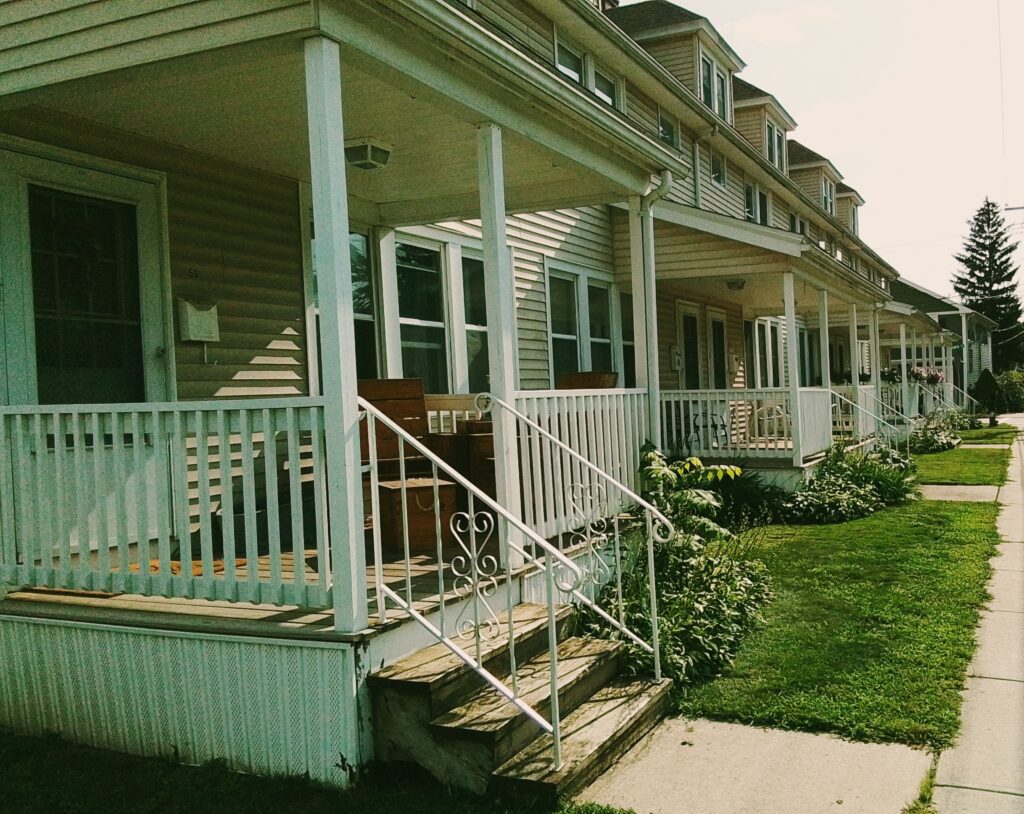
| Sanborn | ||||
| 1884 to 1902 | all nothing | |||
| 1910 | nothing | nothing | nothing | New City |
| 1916 | WB Mills | WB Mills | Ferry St Mills | New City |

Orchards Golf Course
The Orchards Golf Course in South Hadley was founded in 1922. Joseph Skinner had the course made for his daughter.

